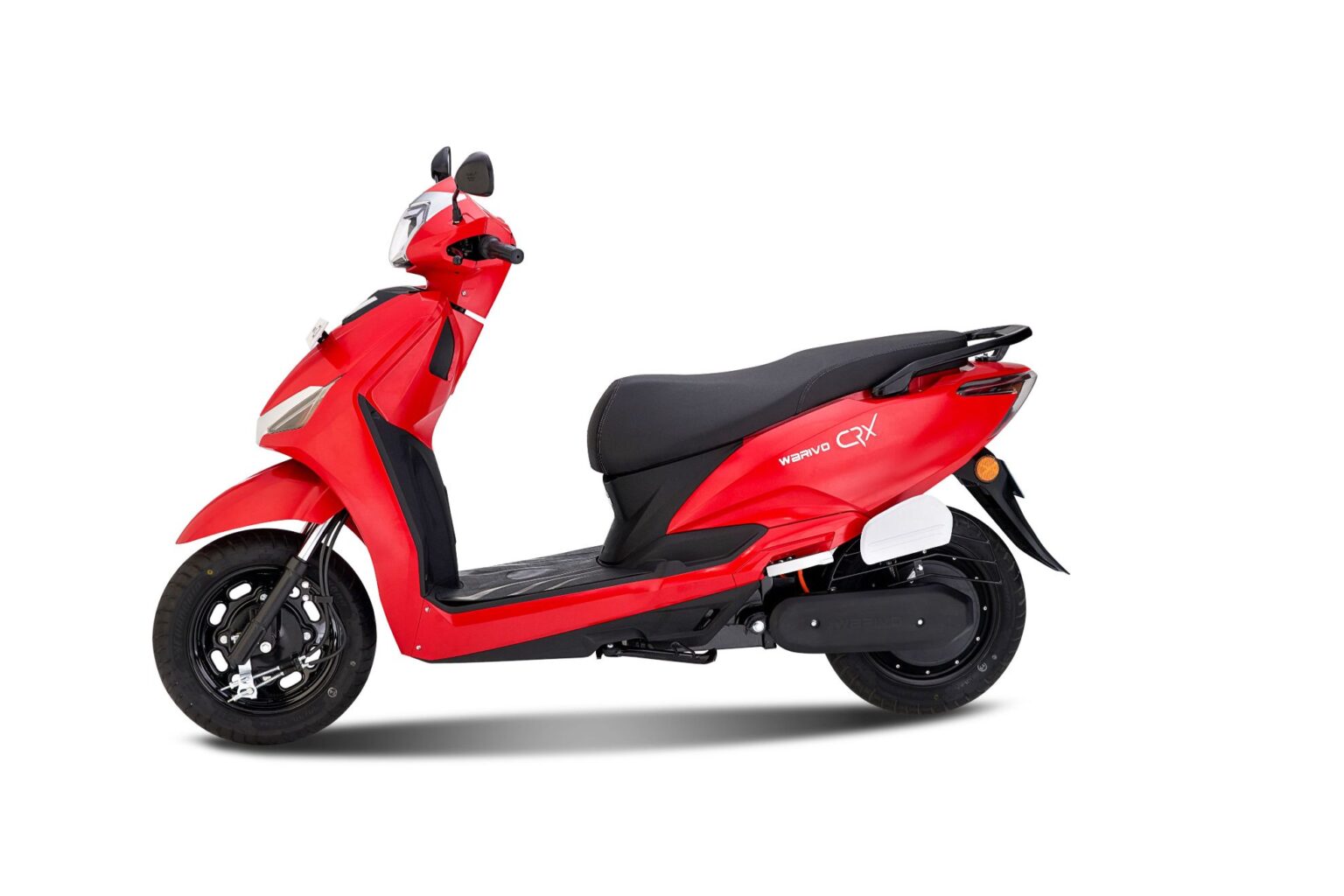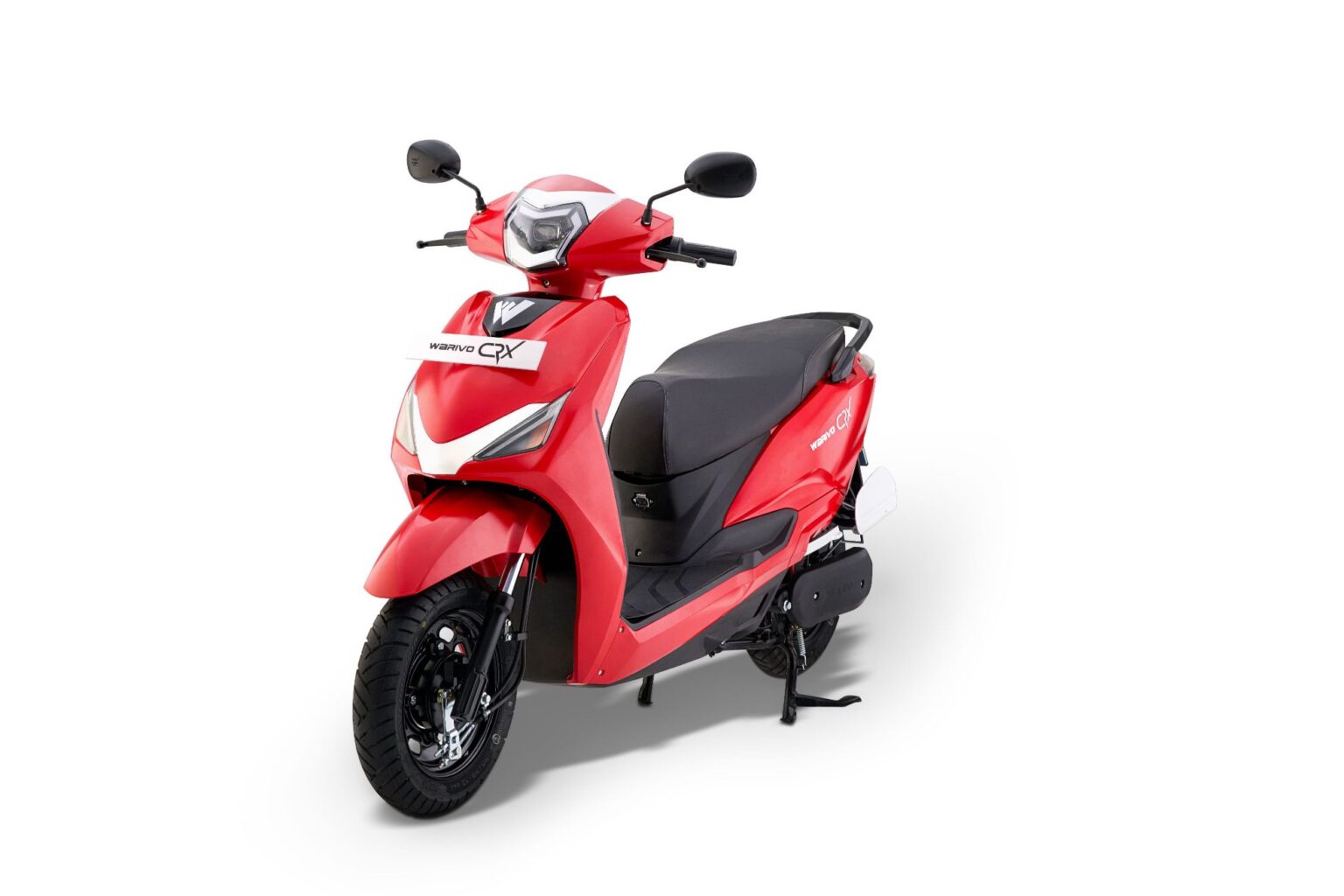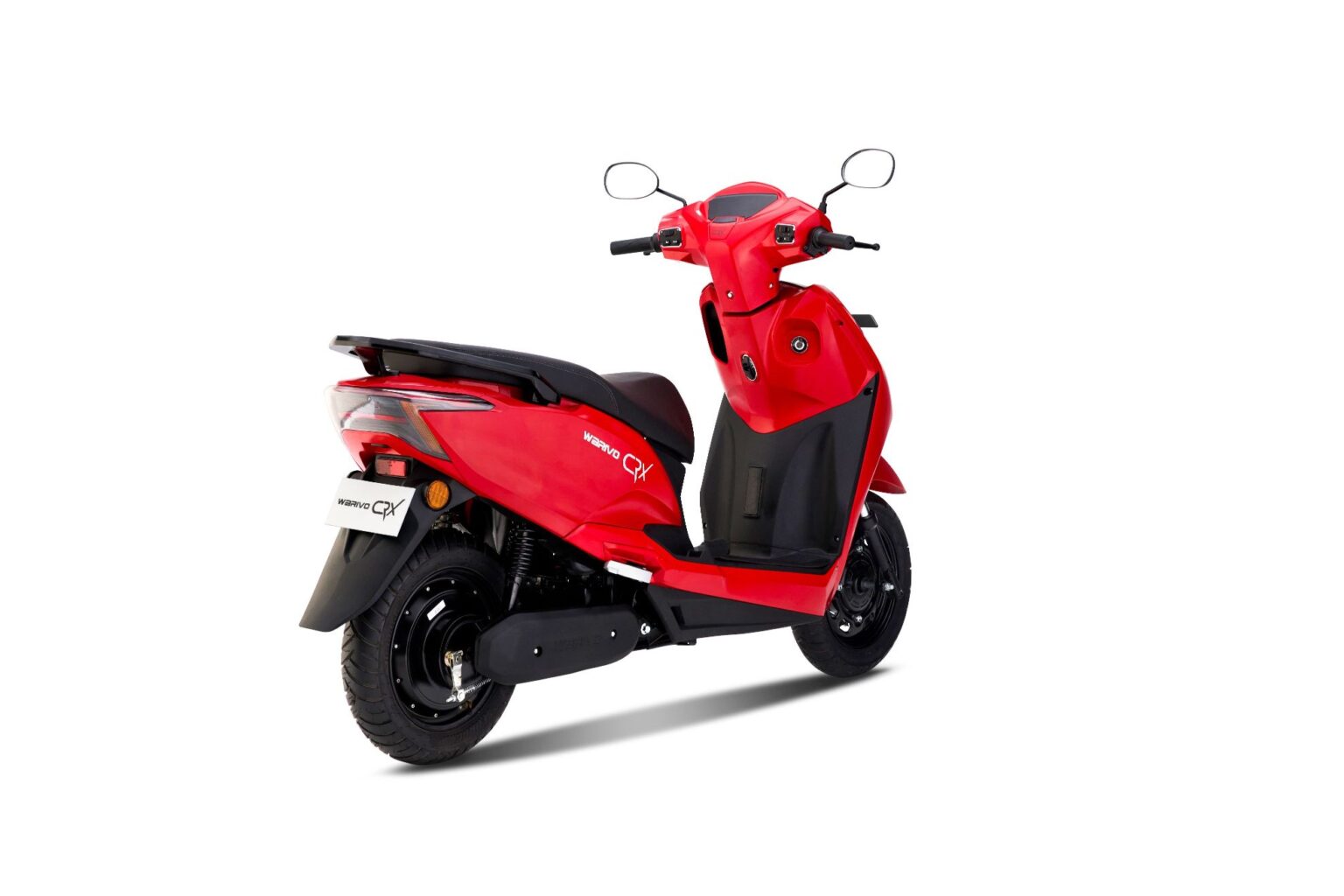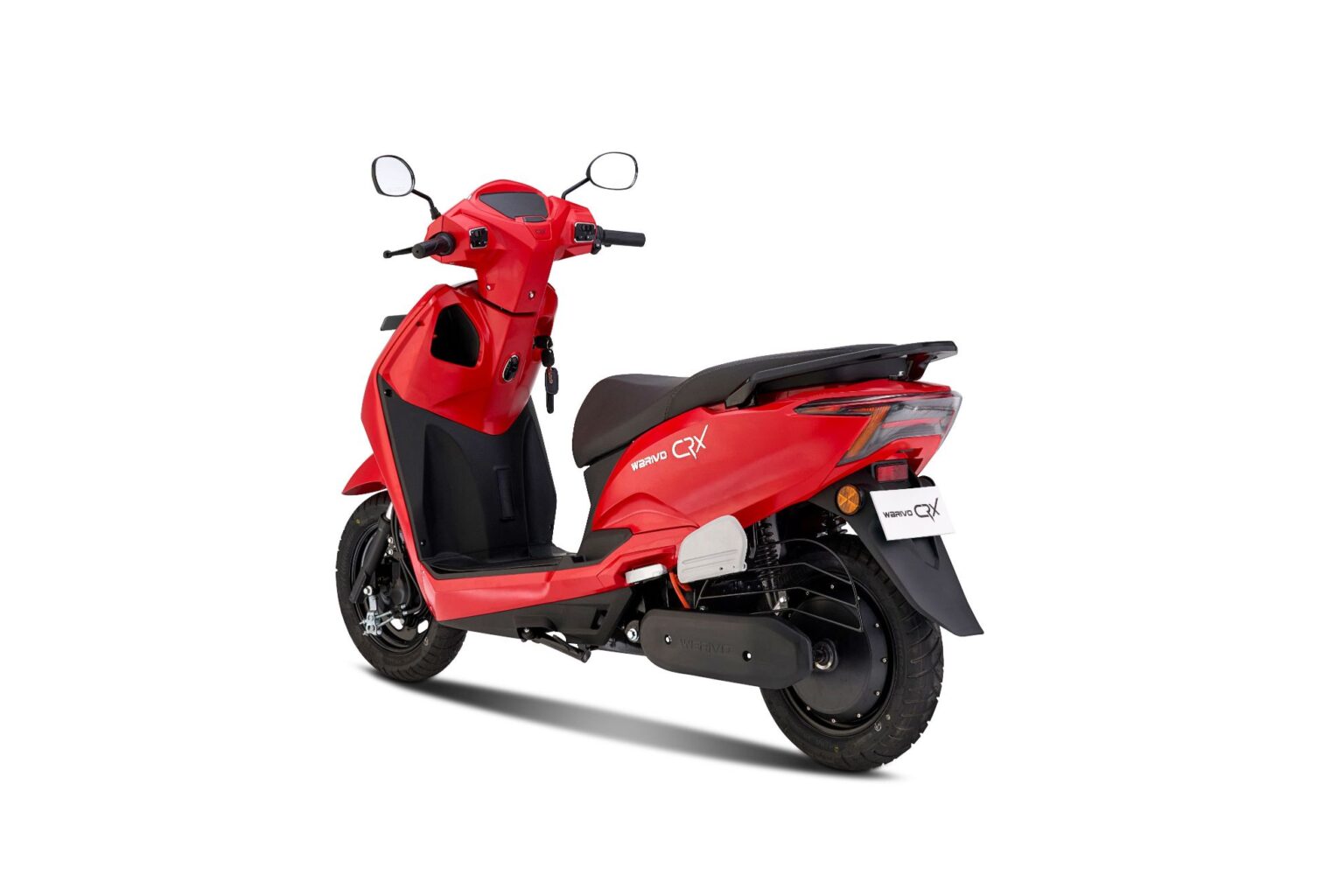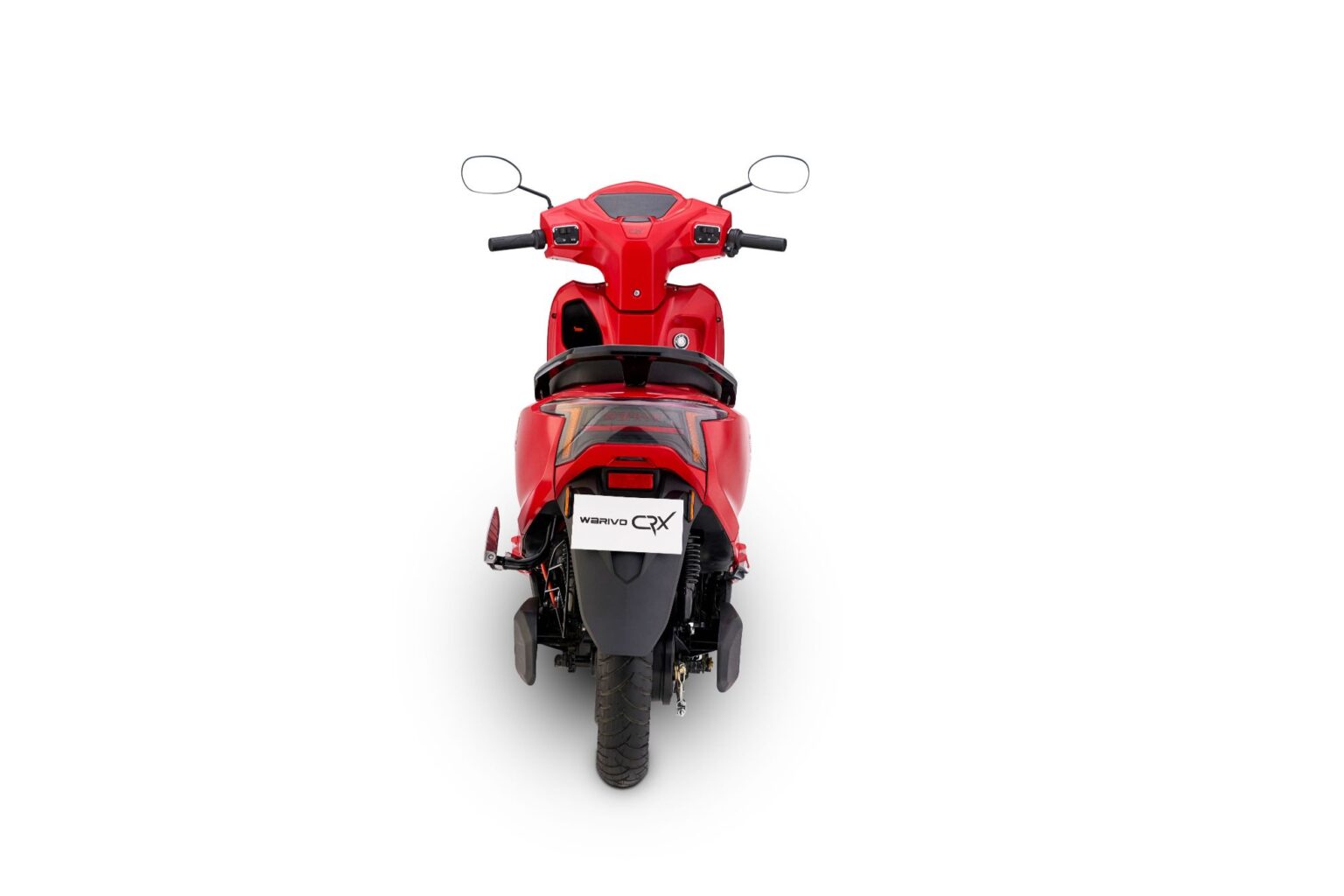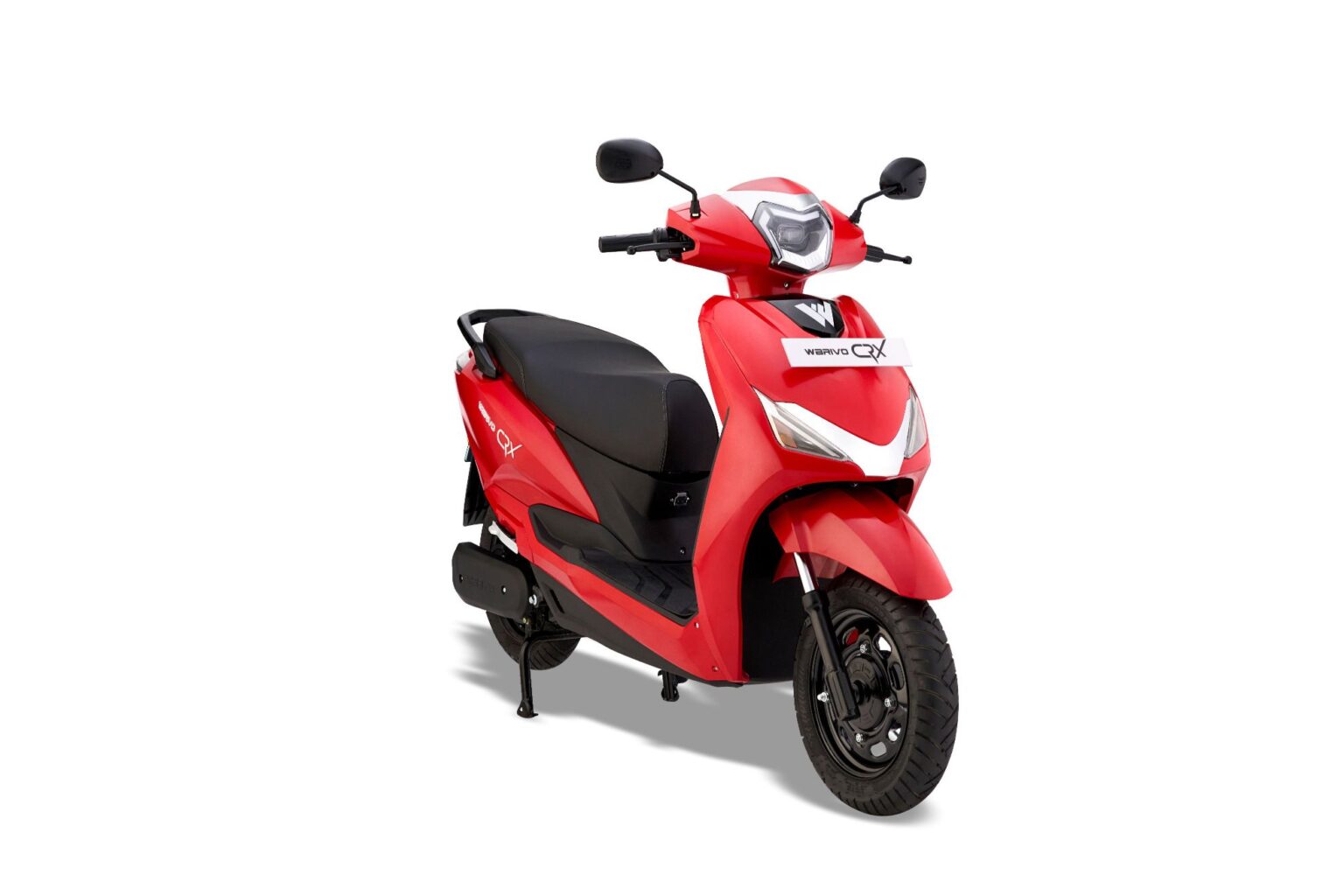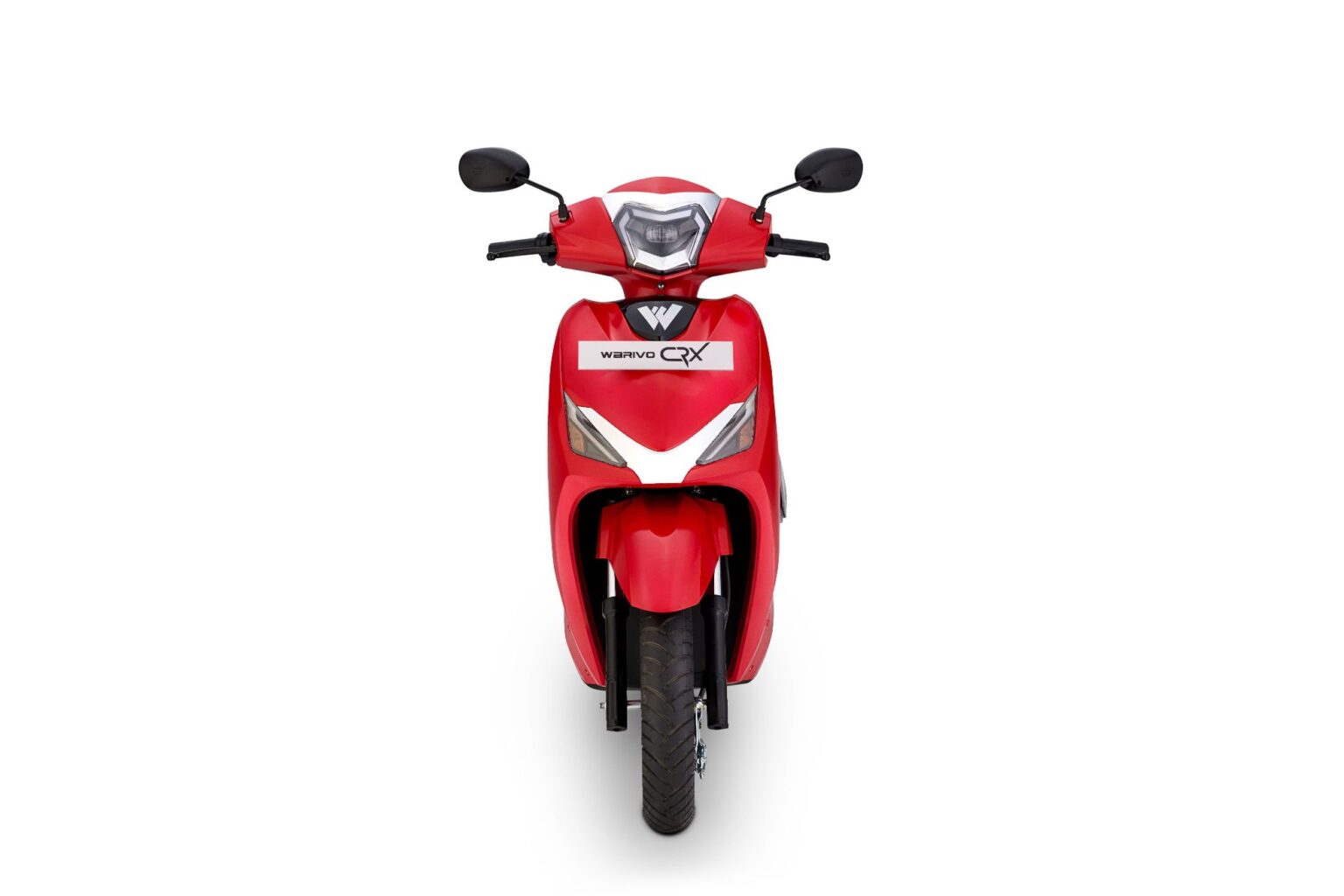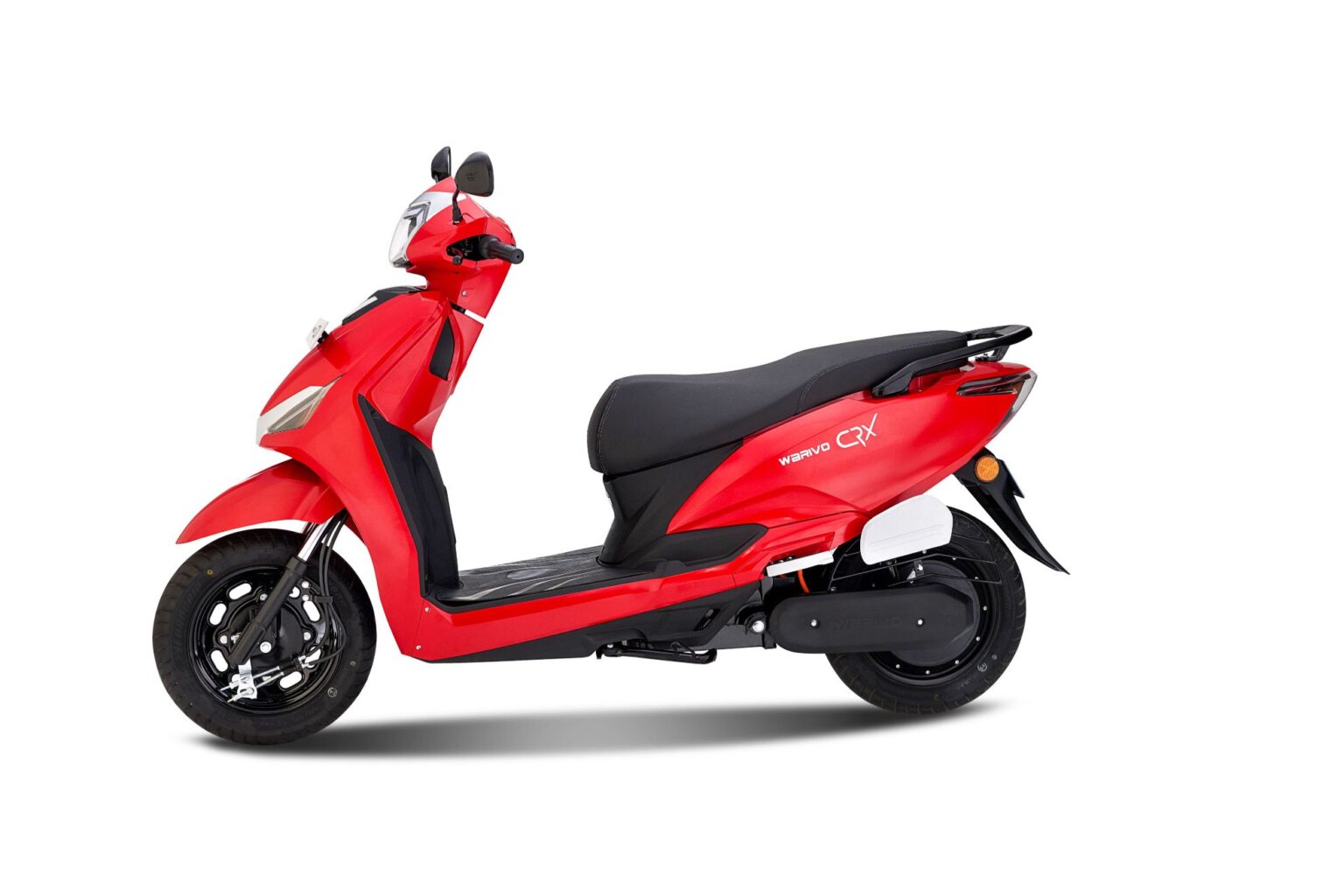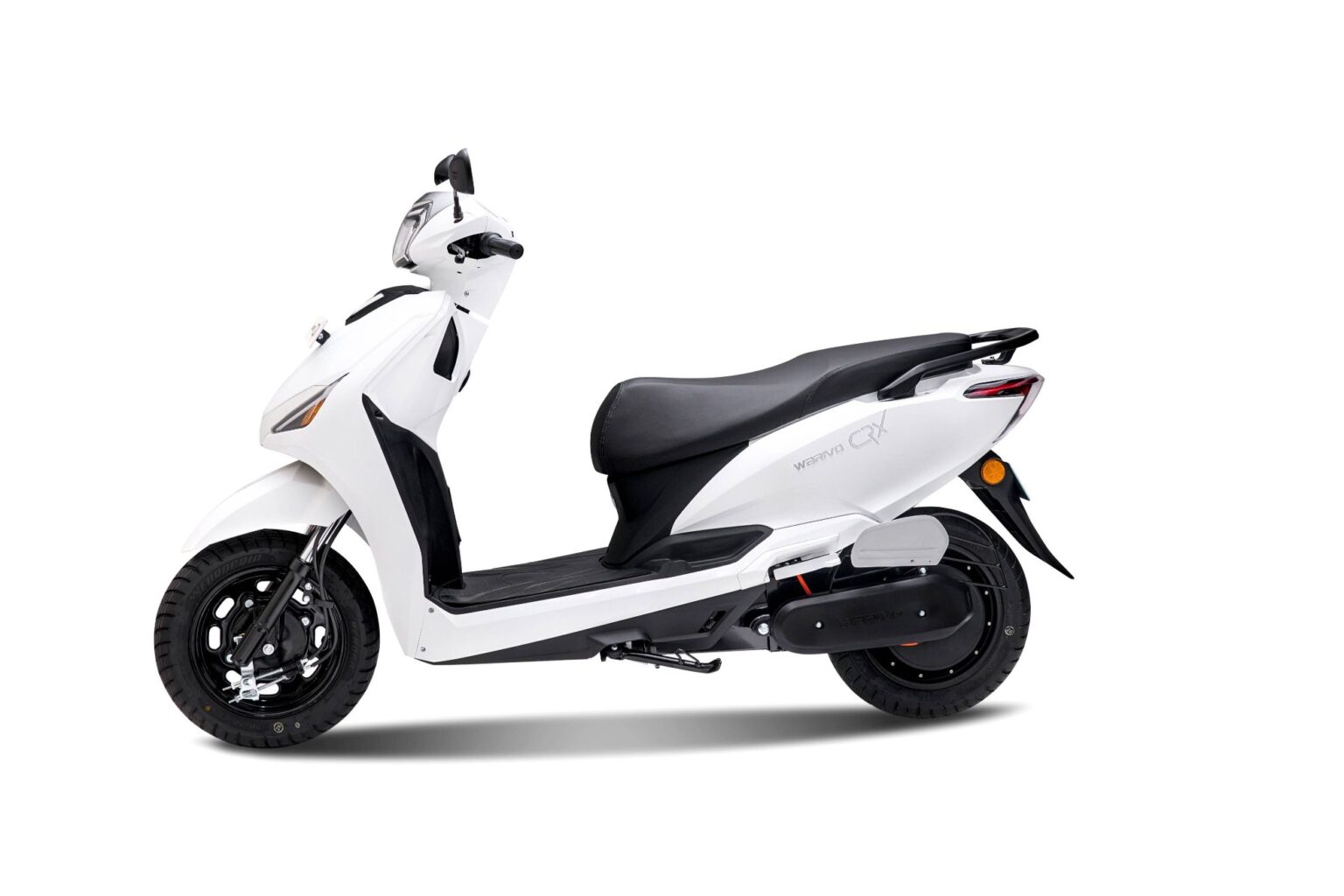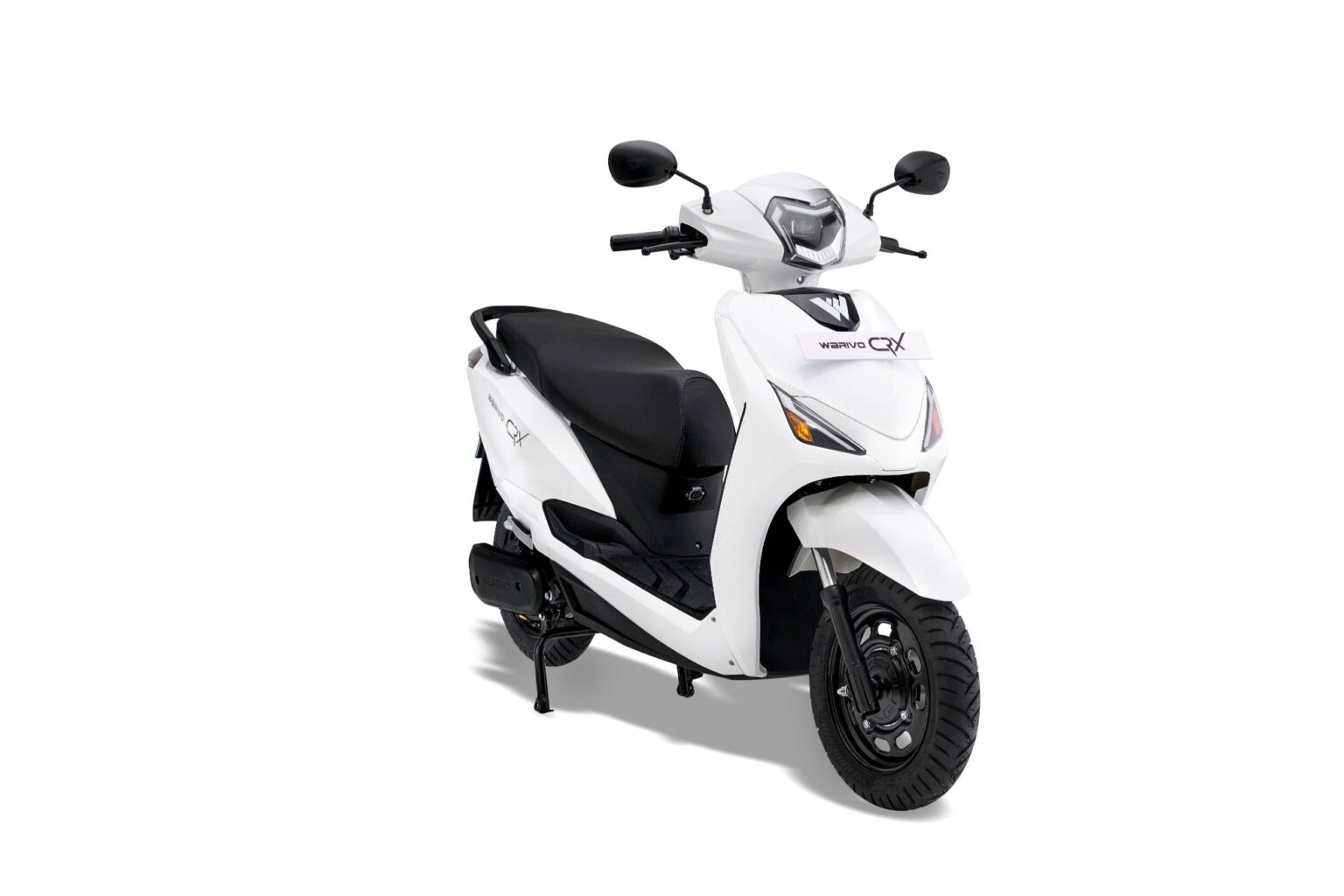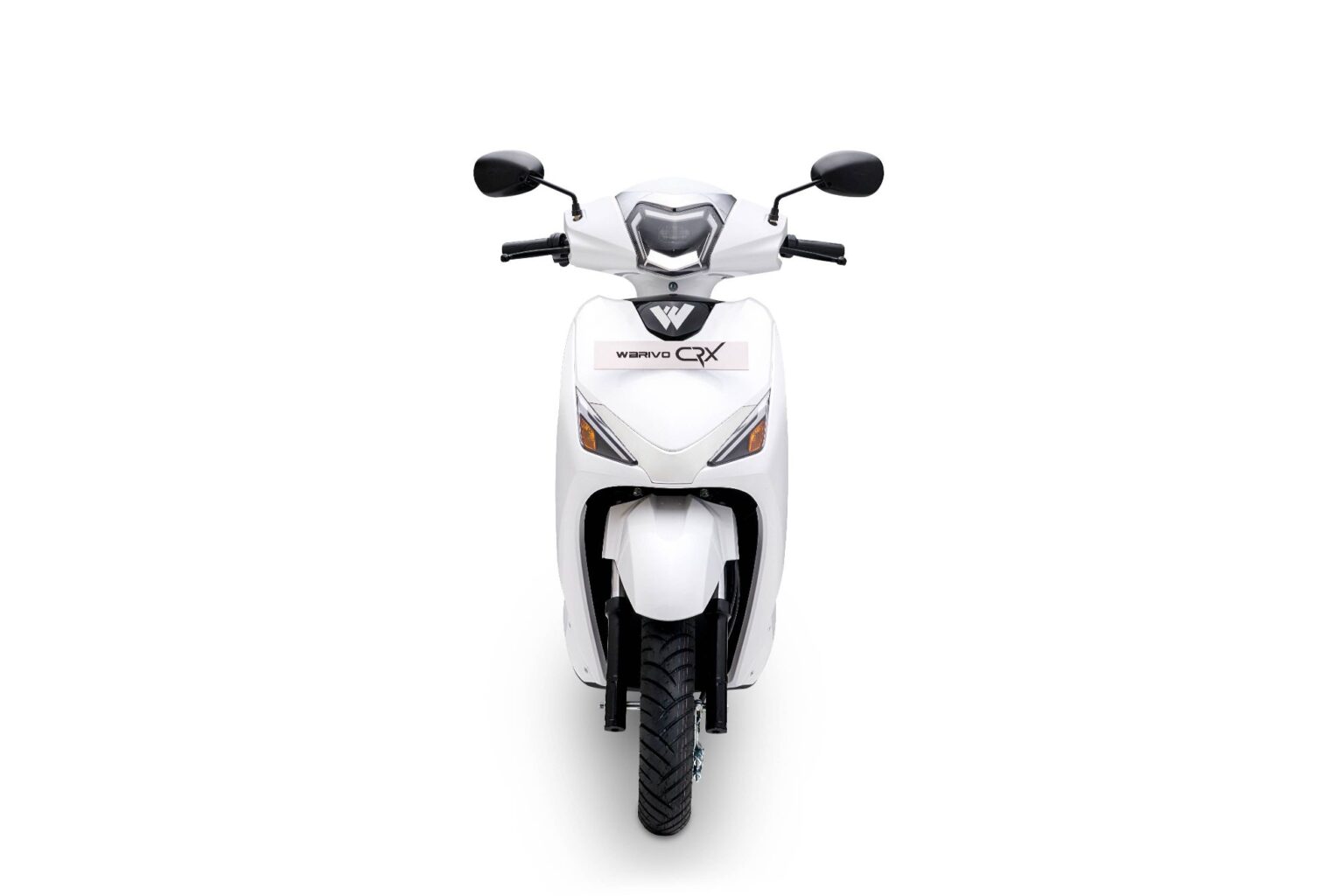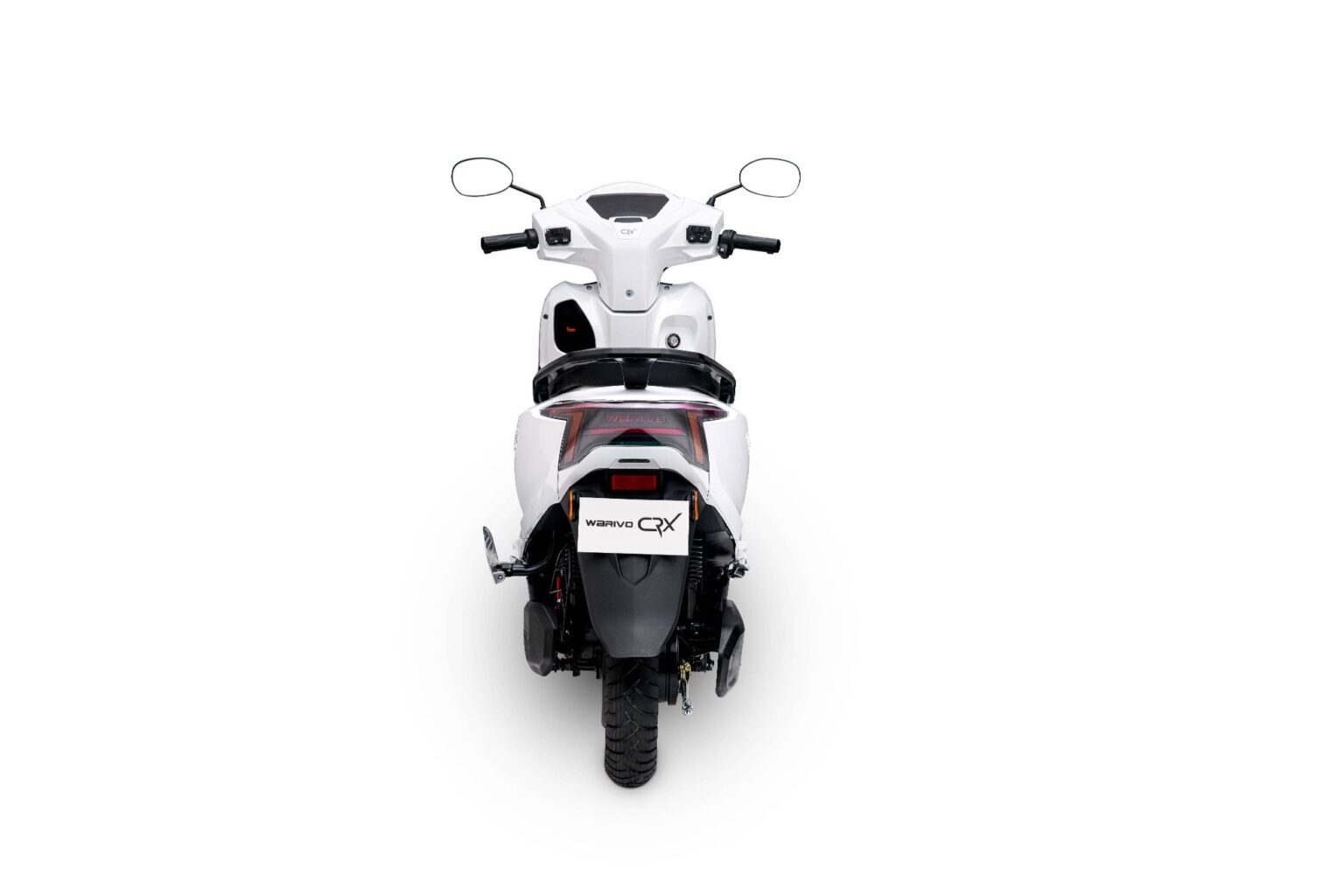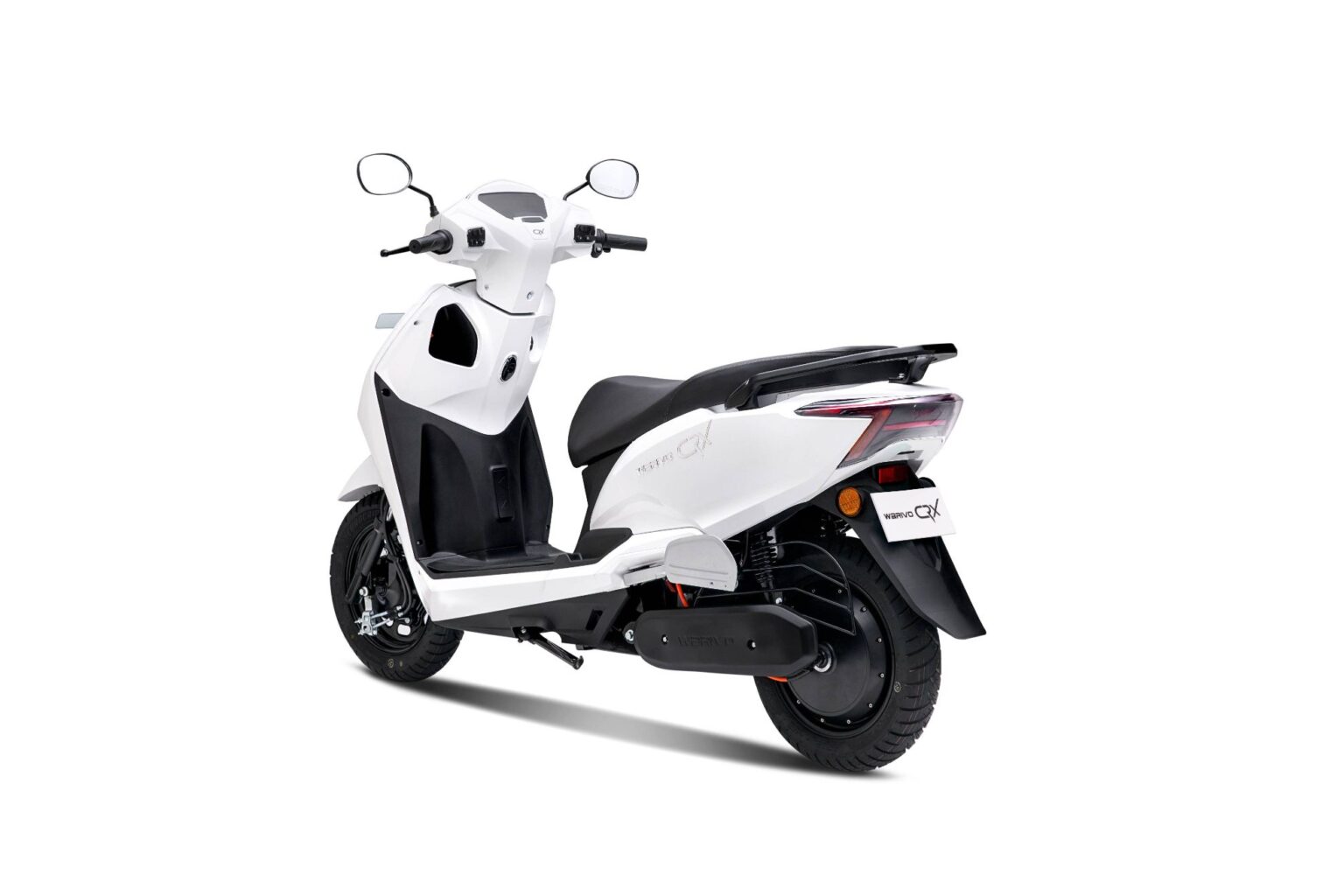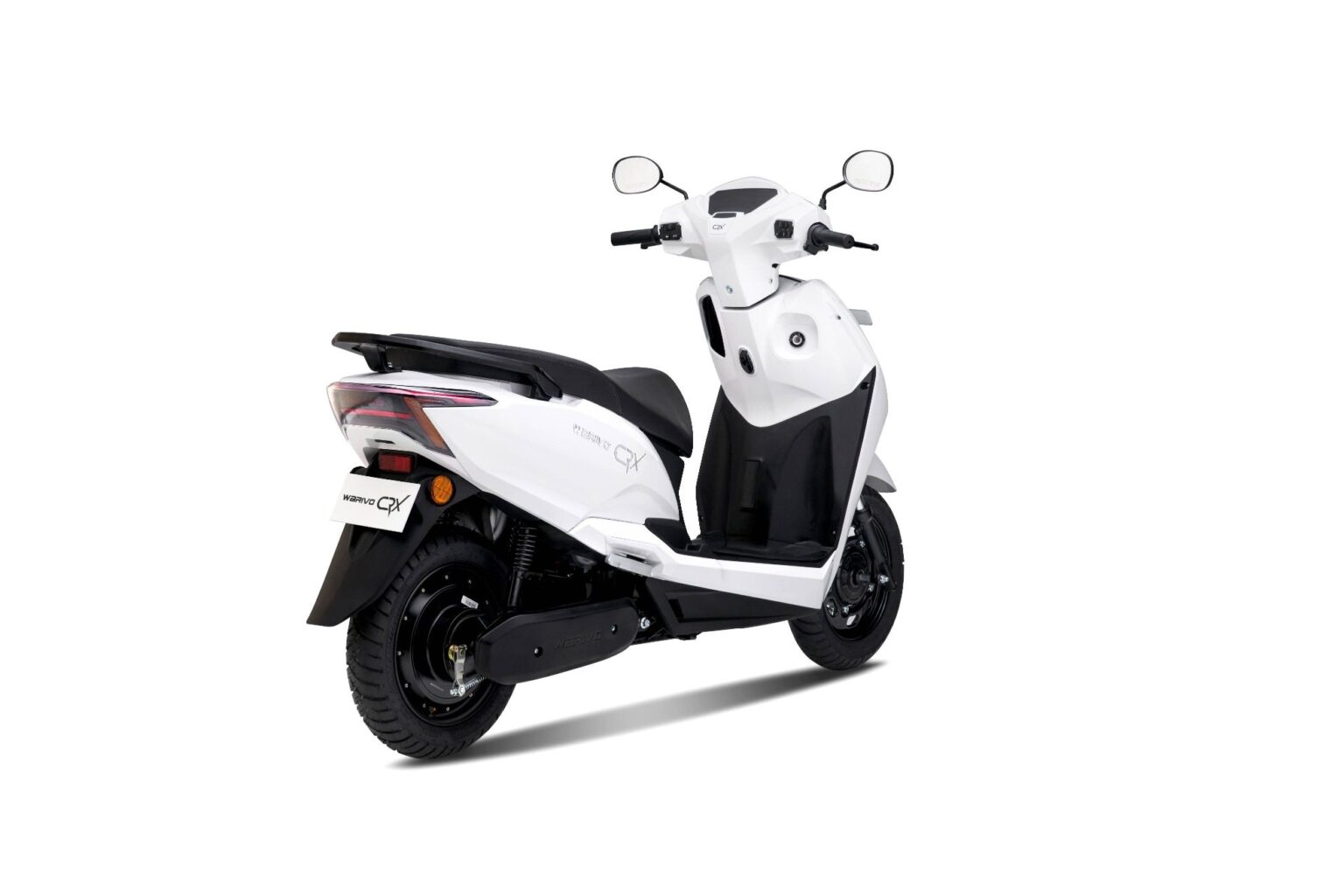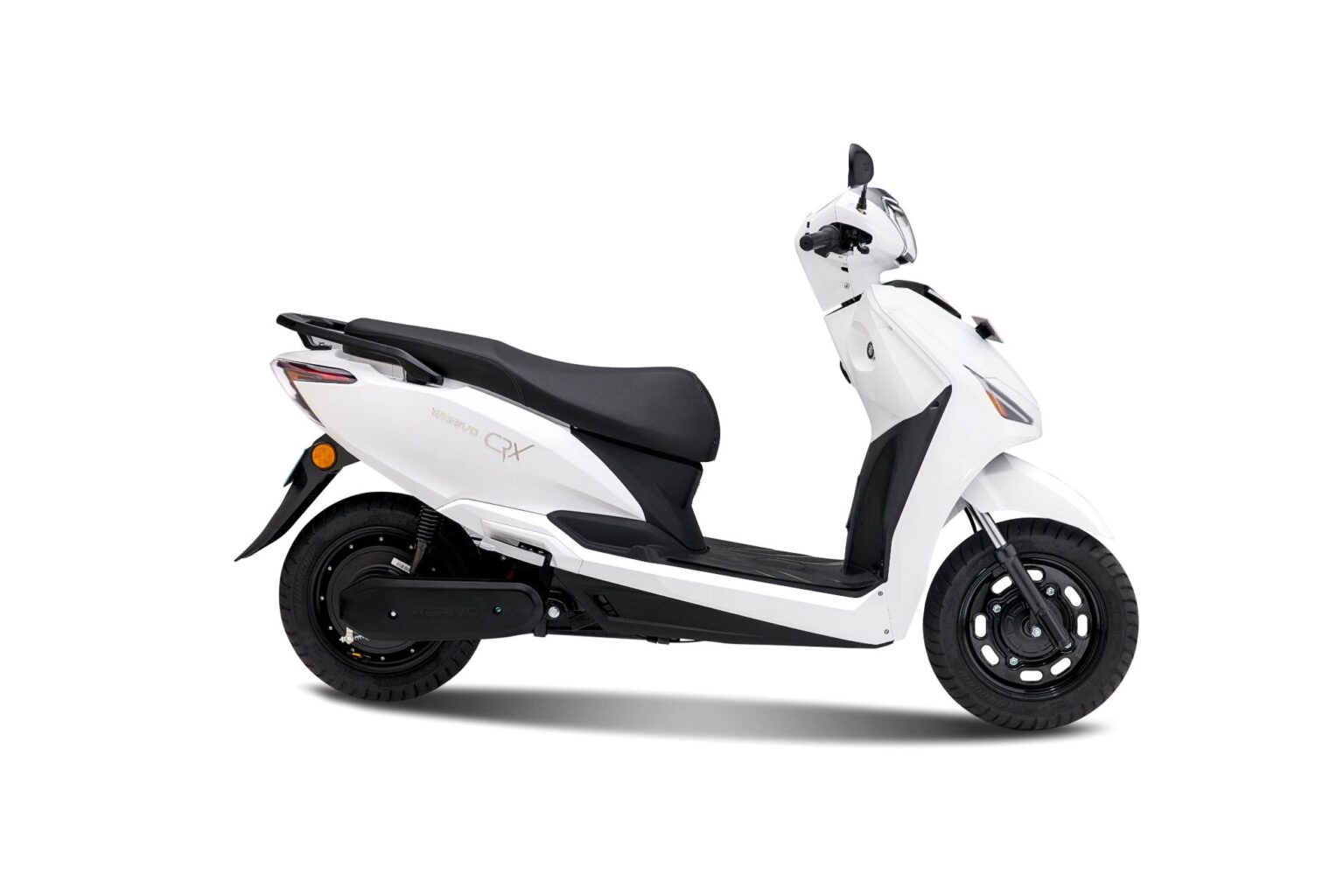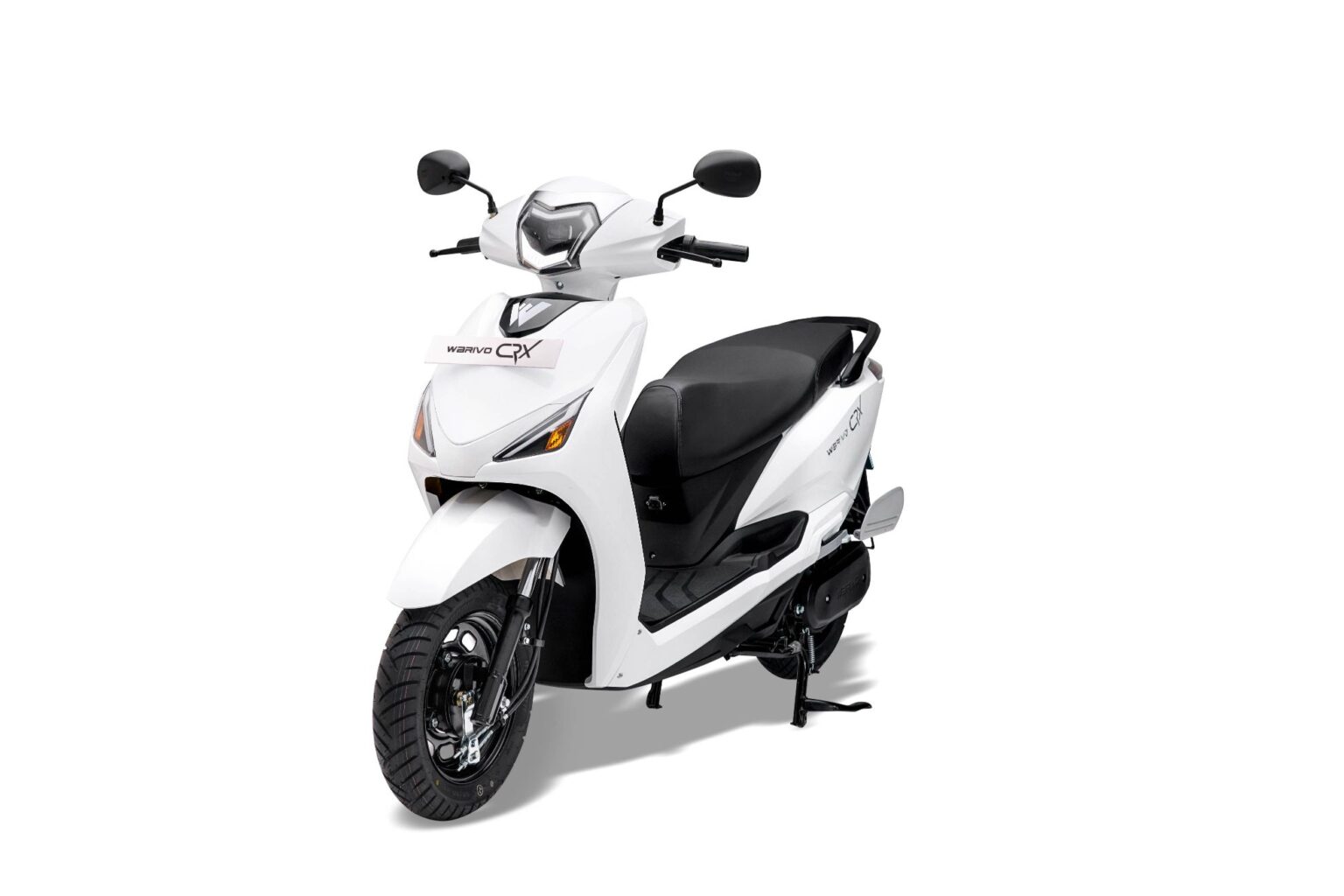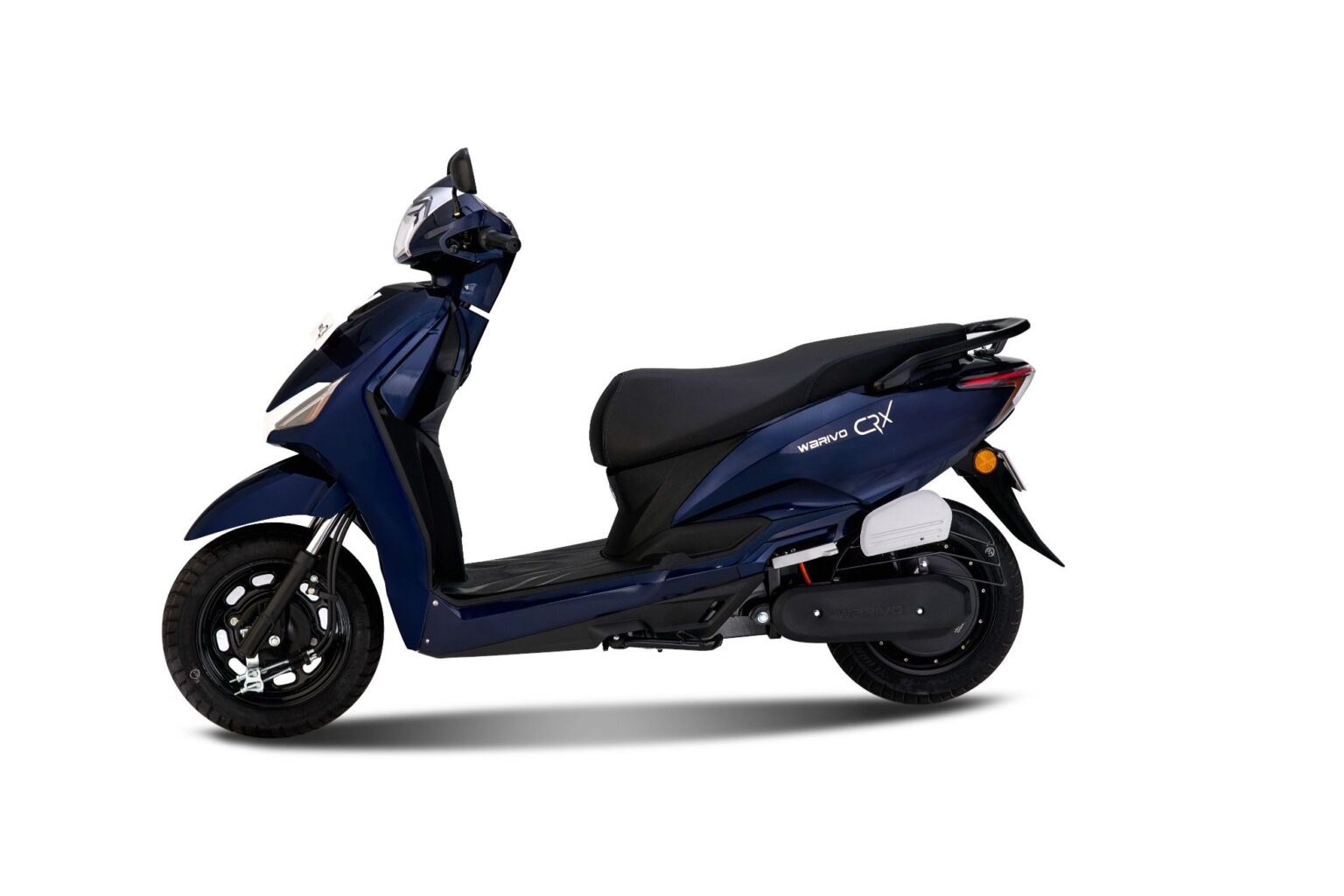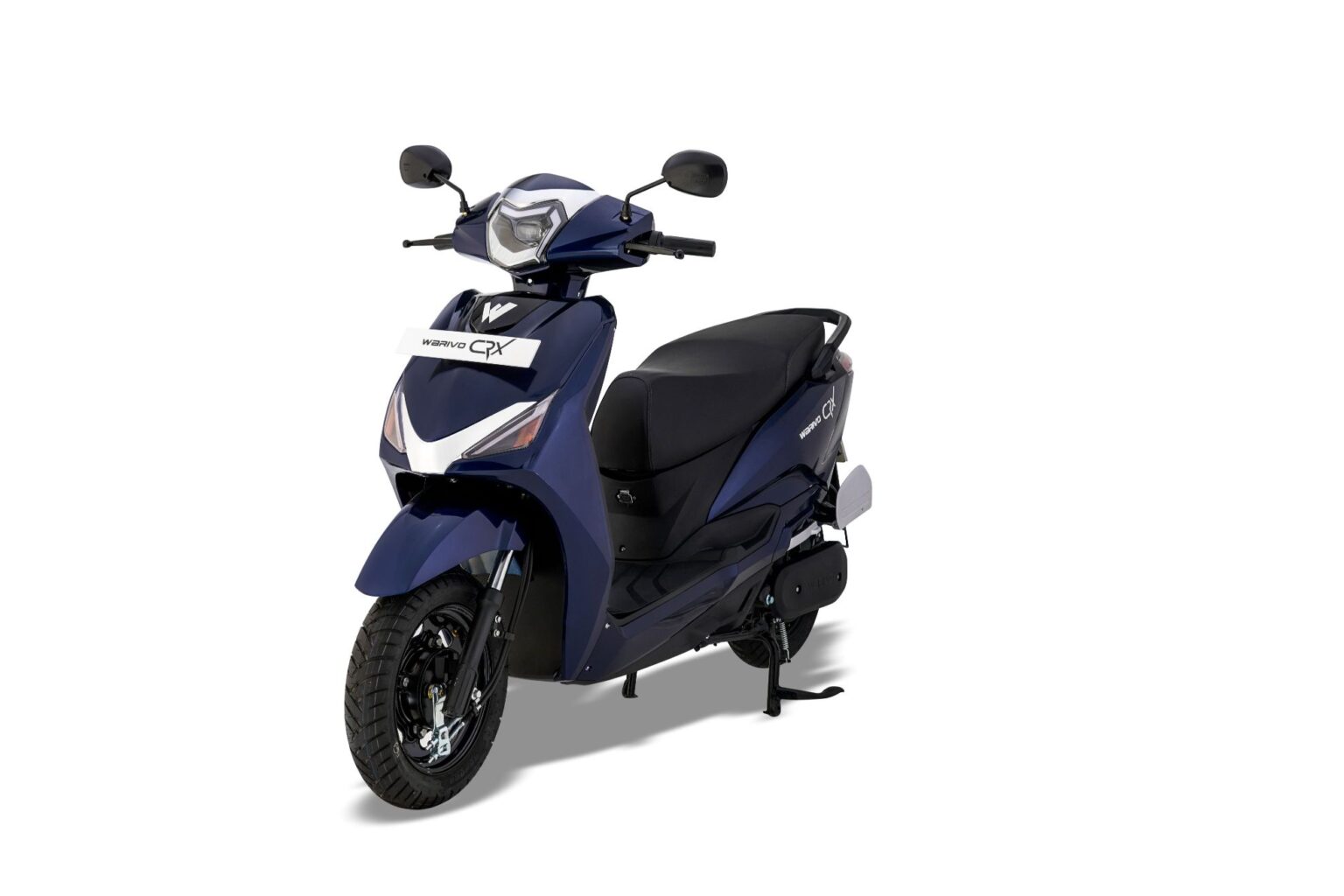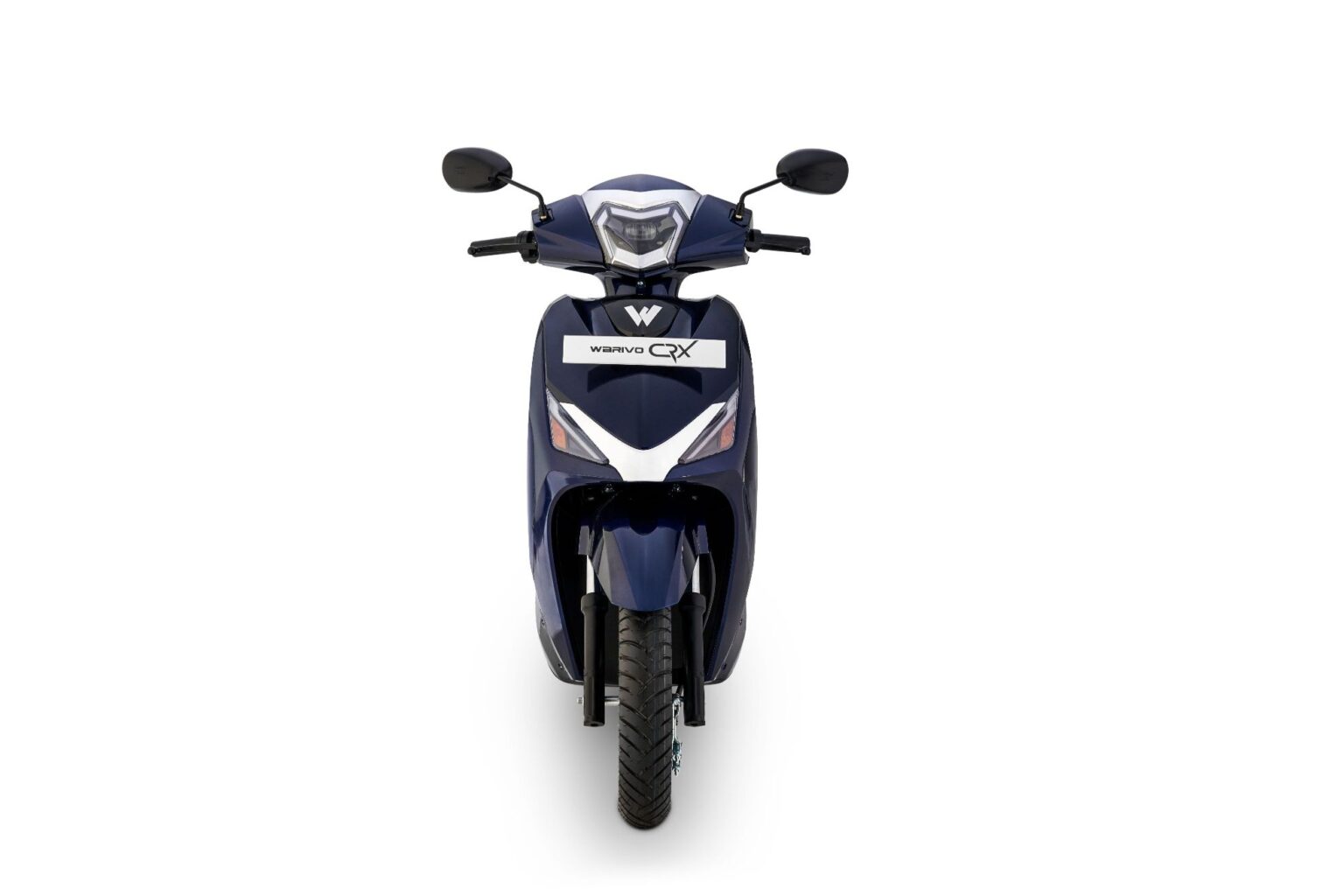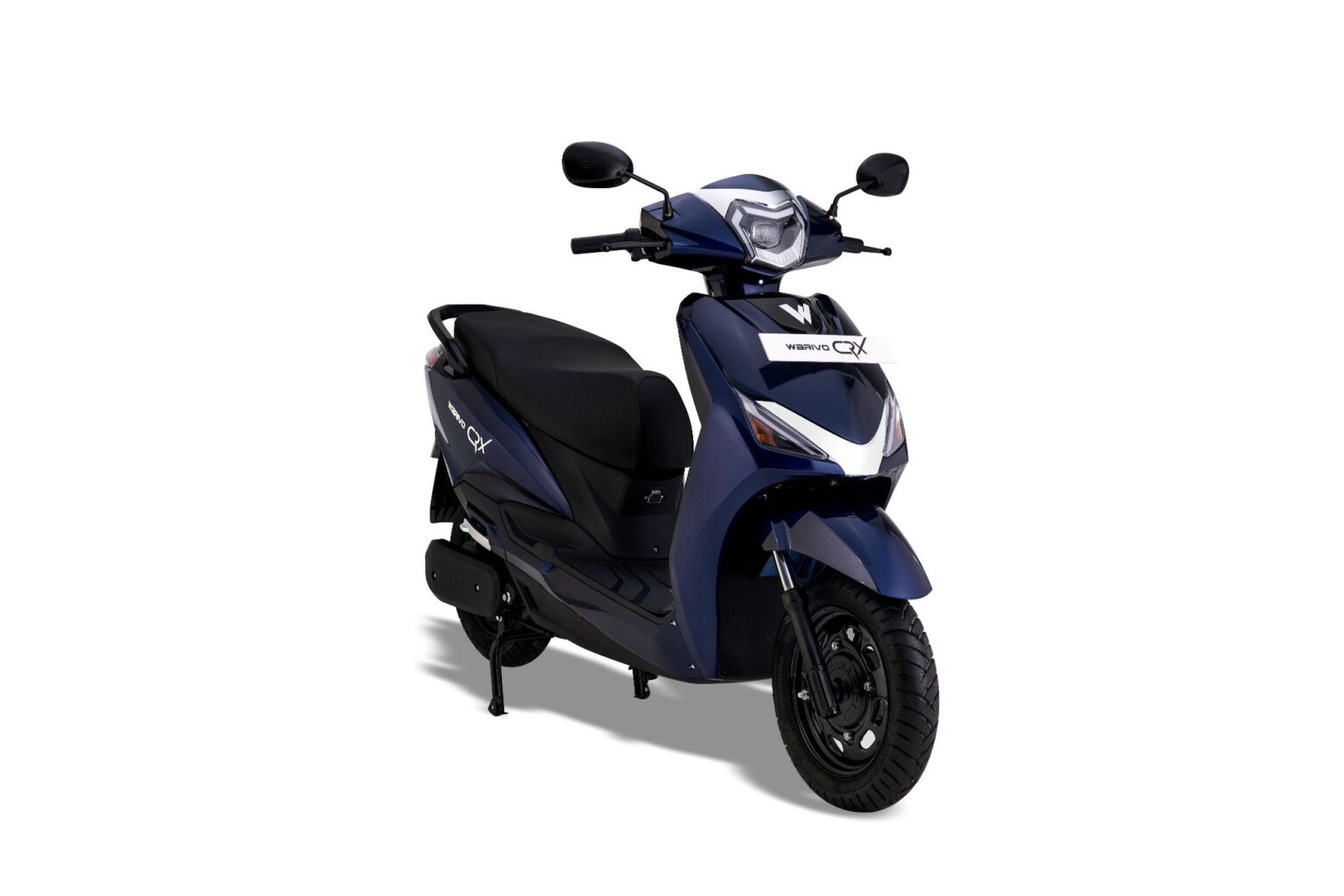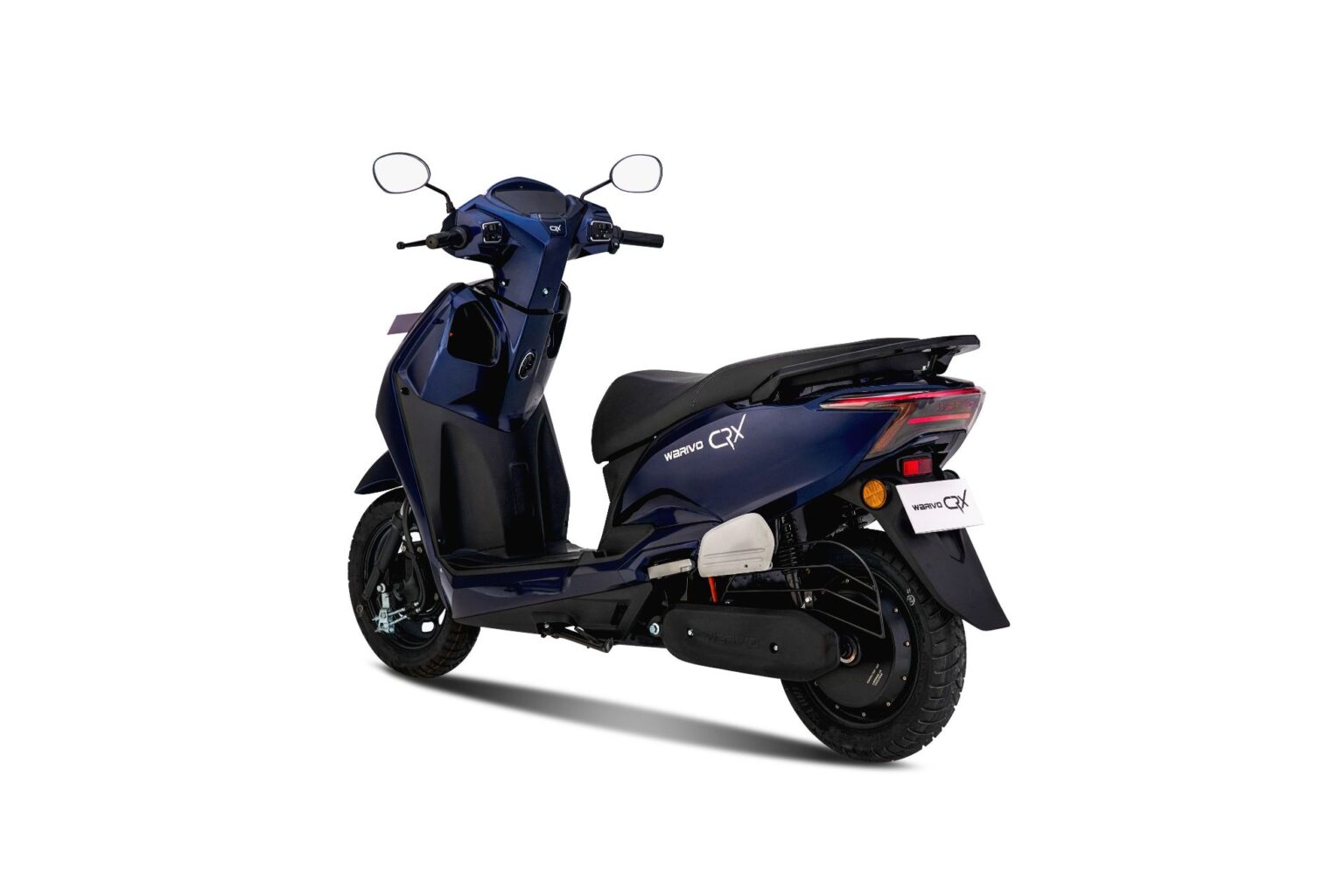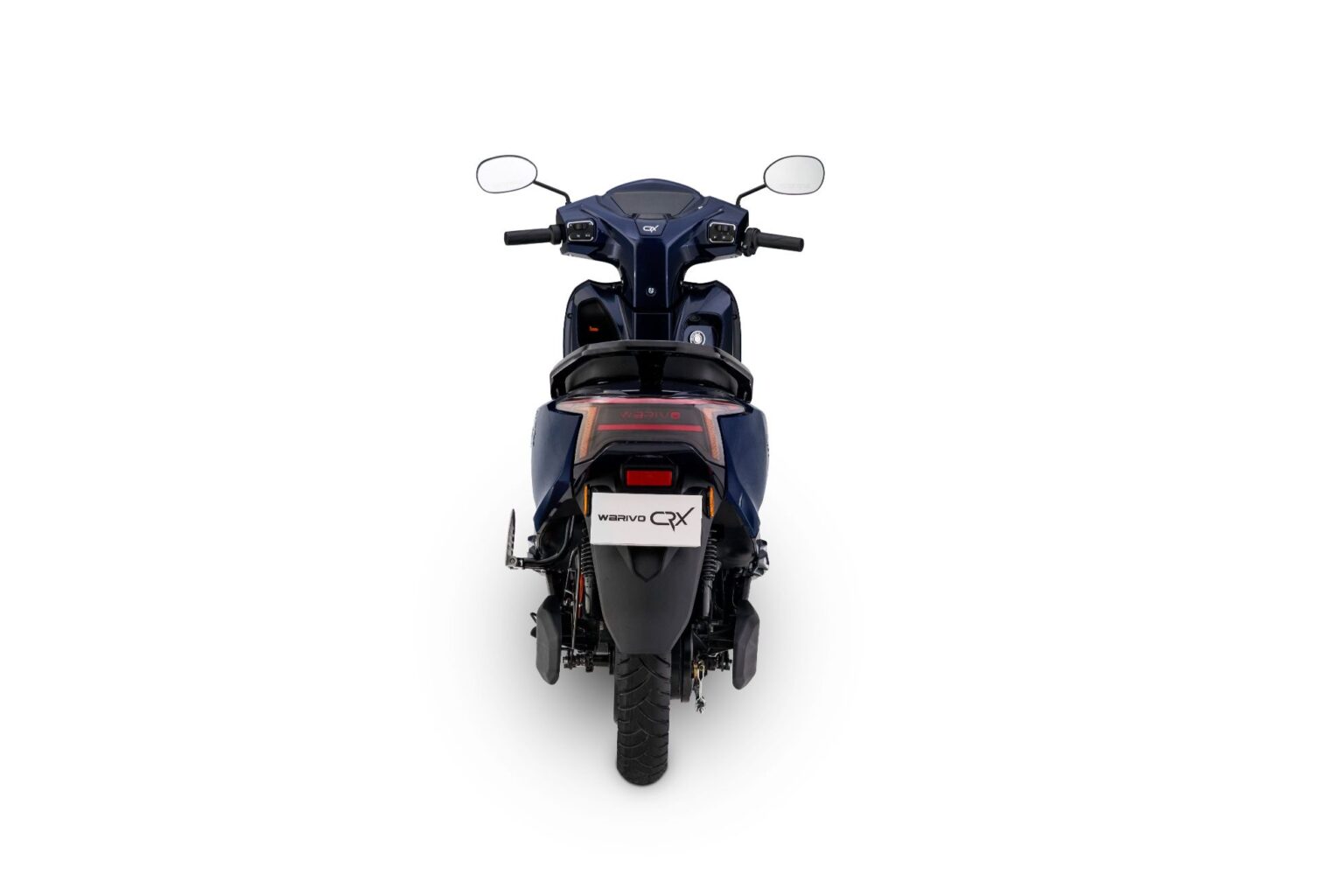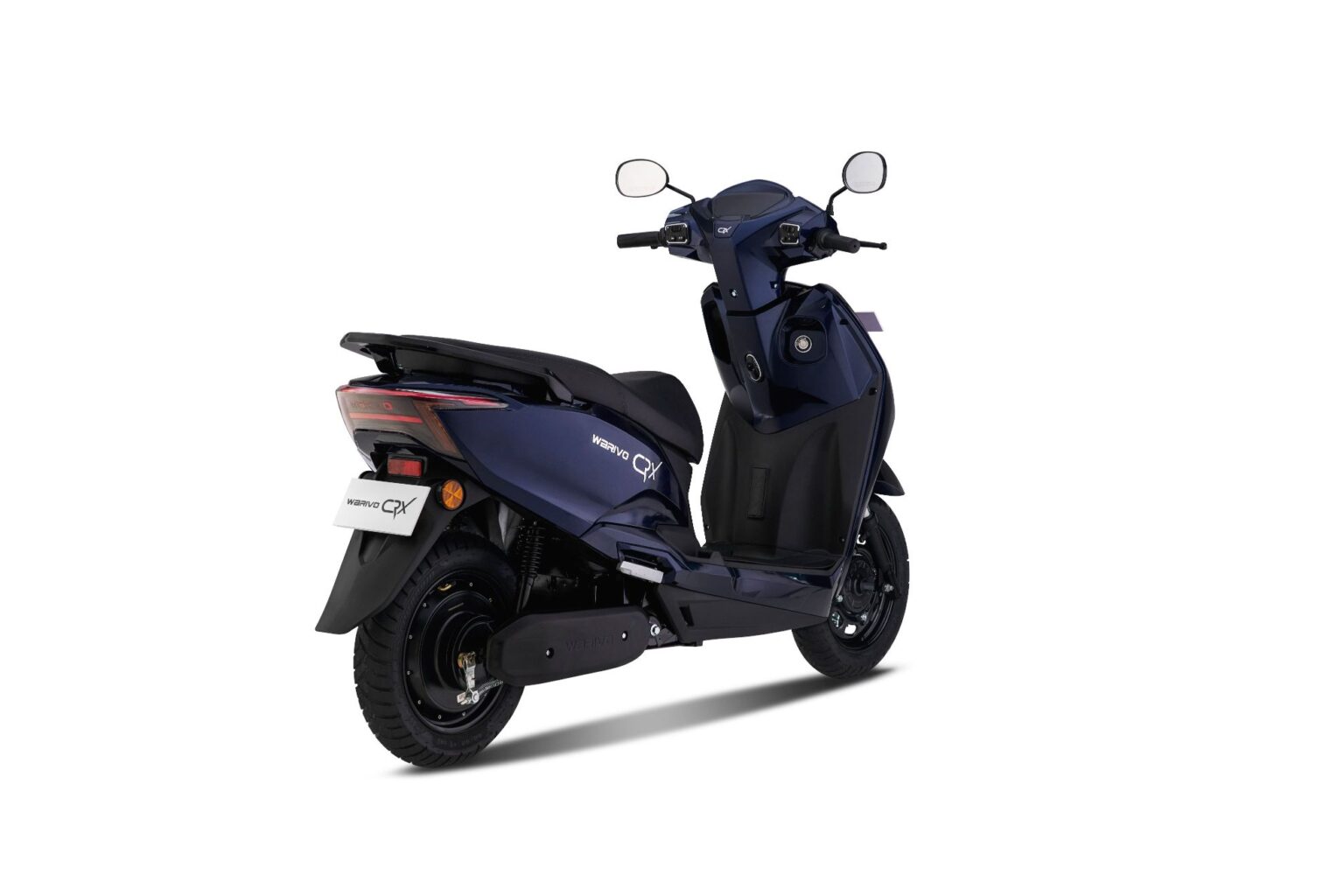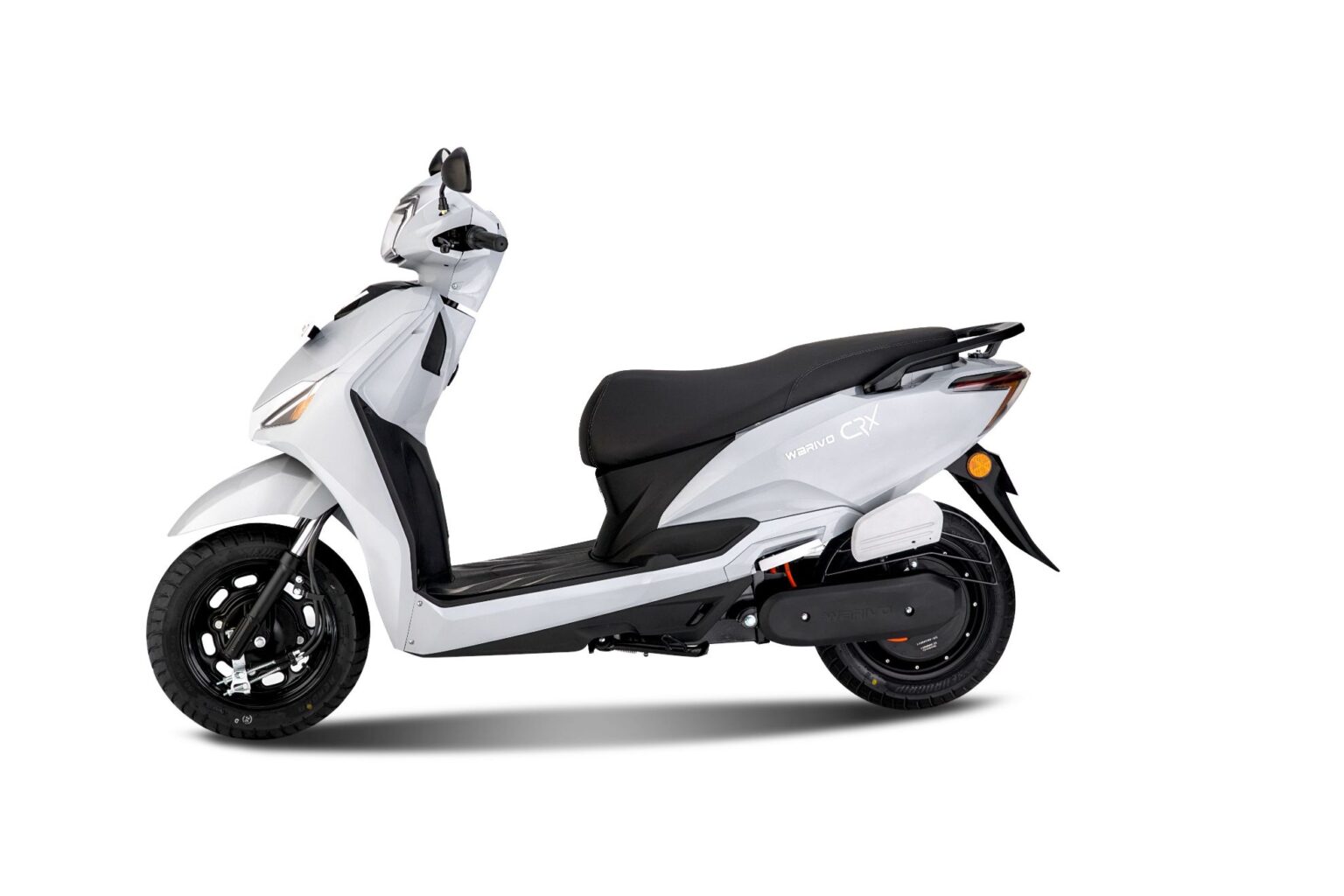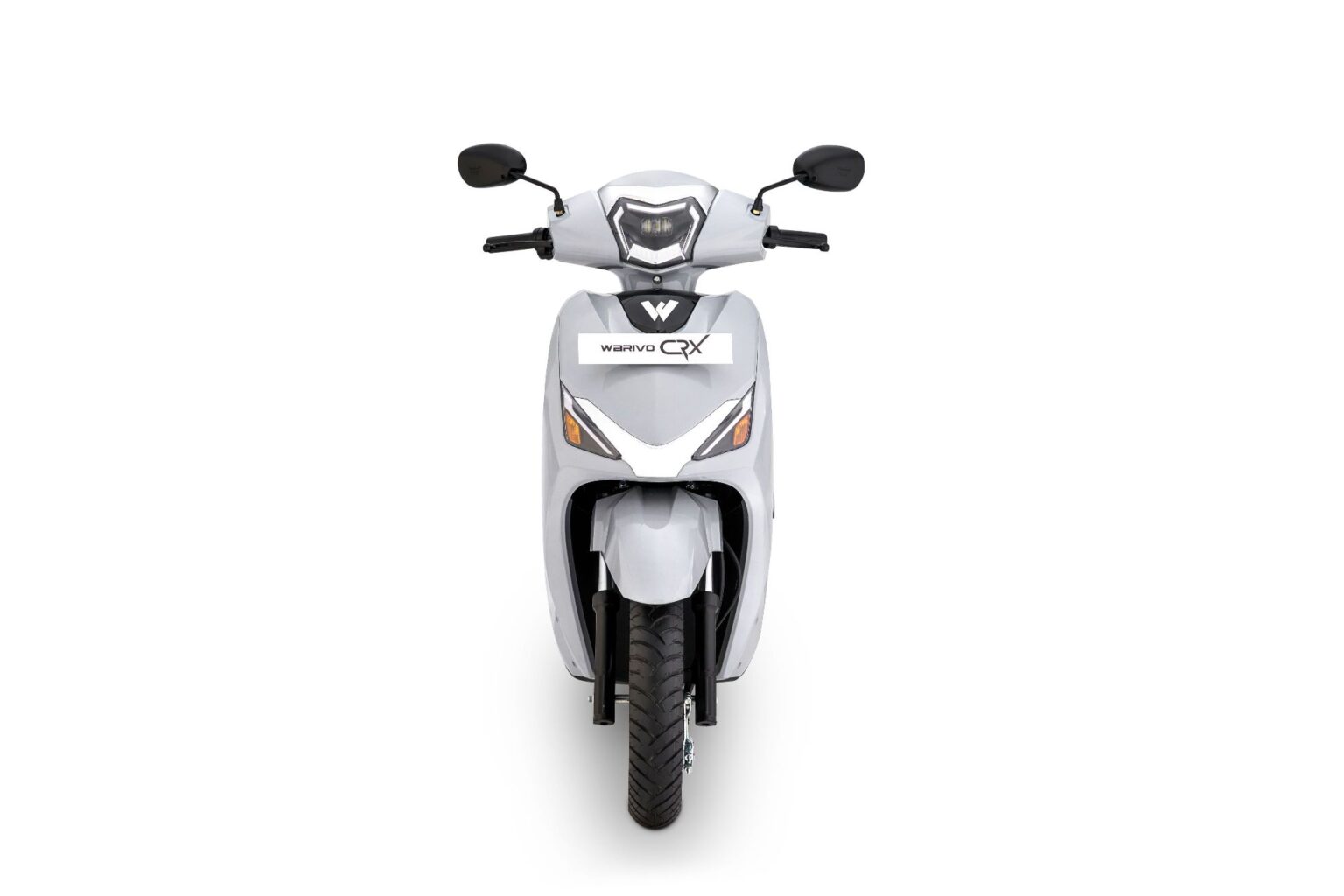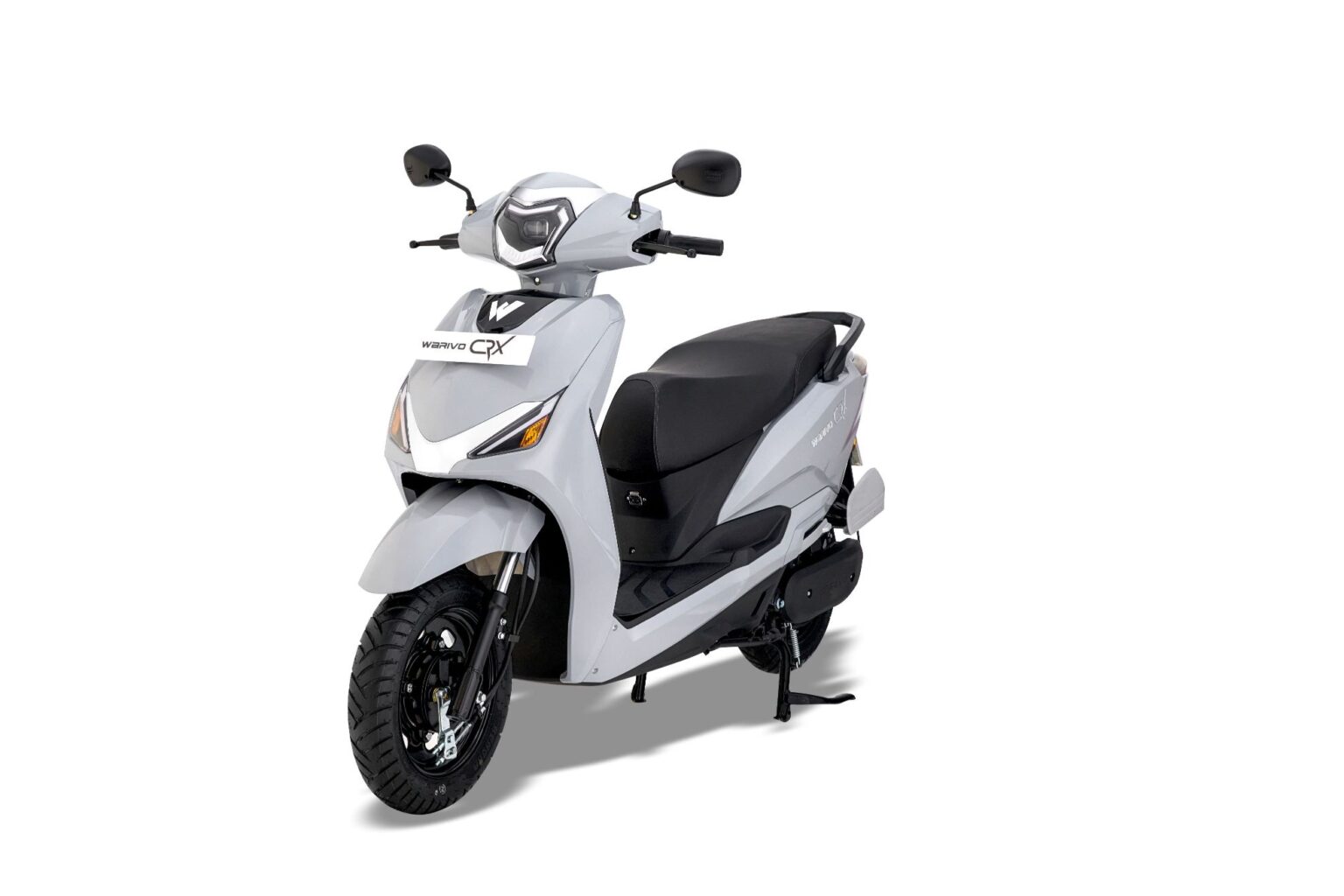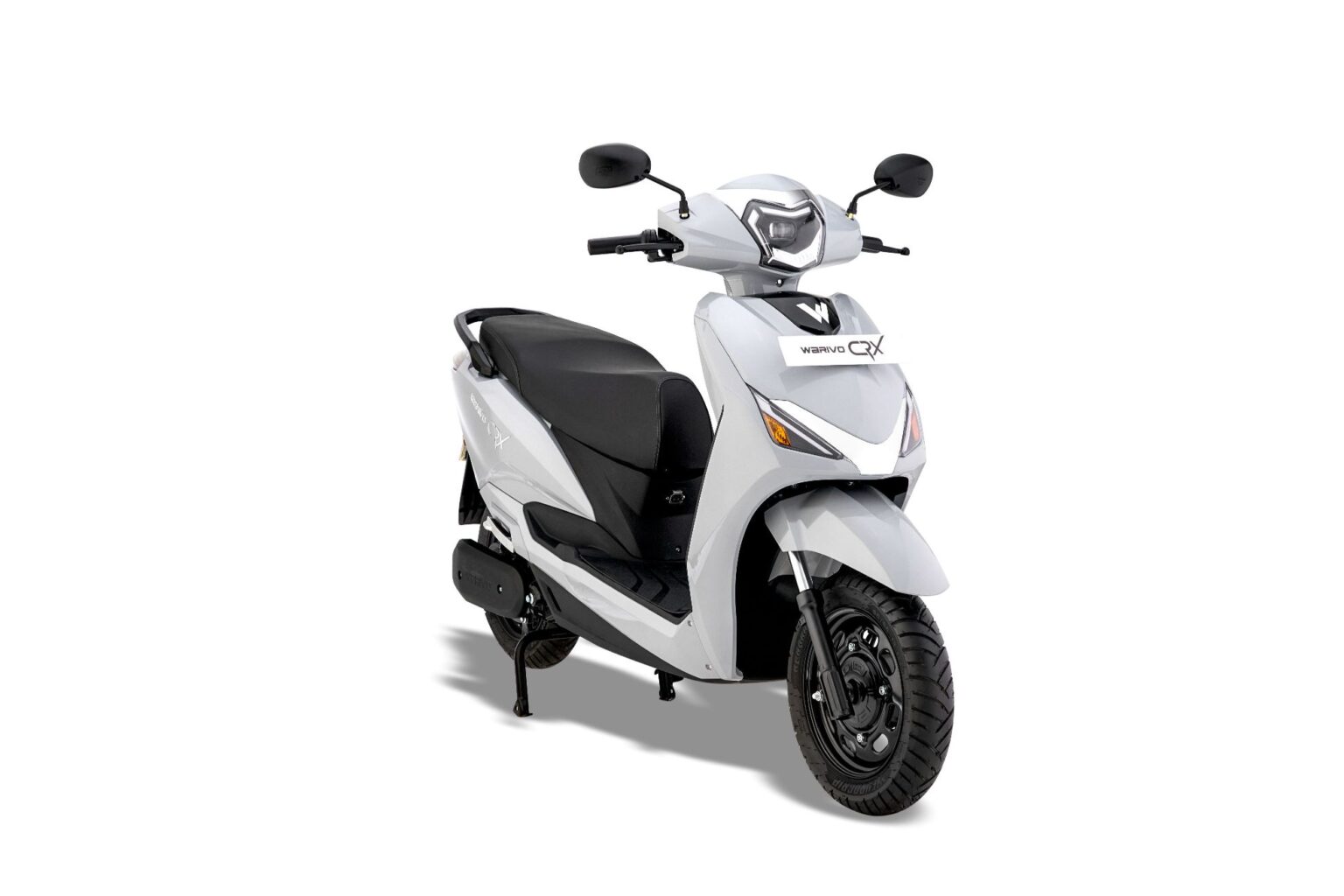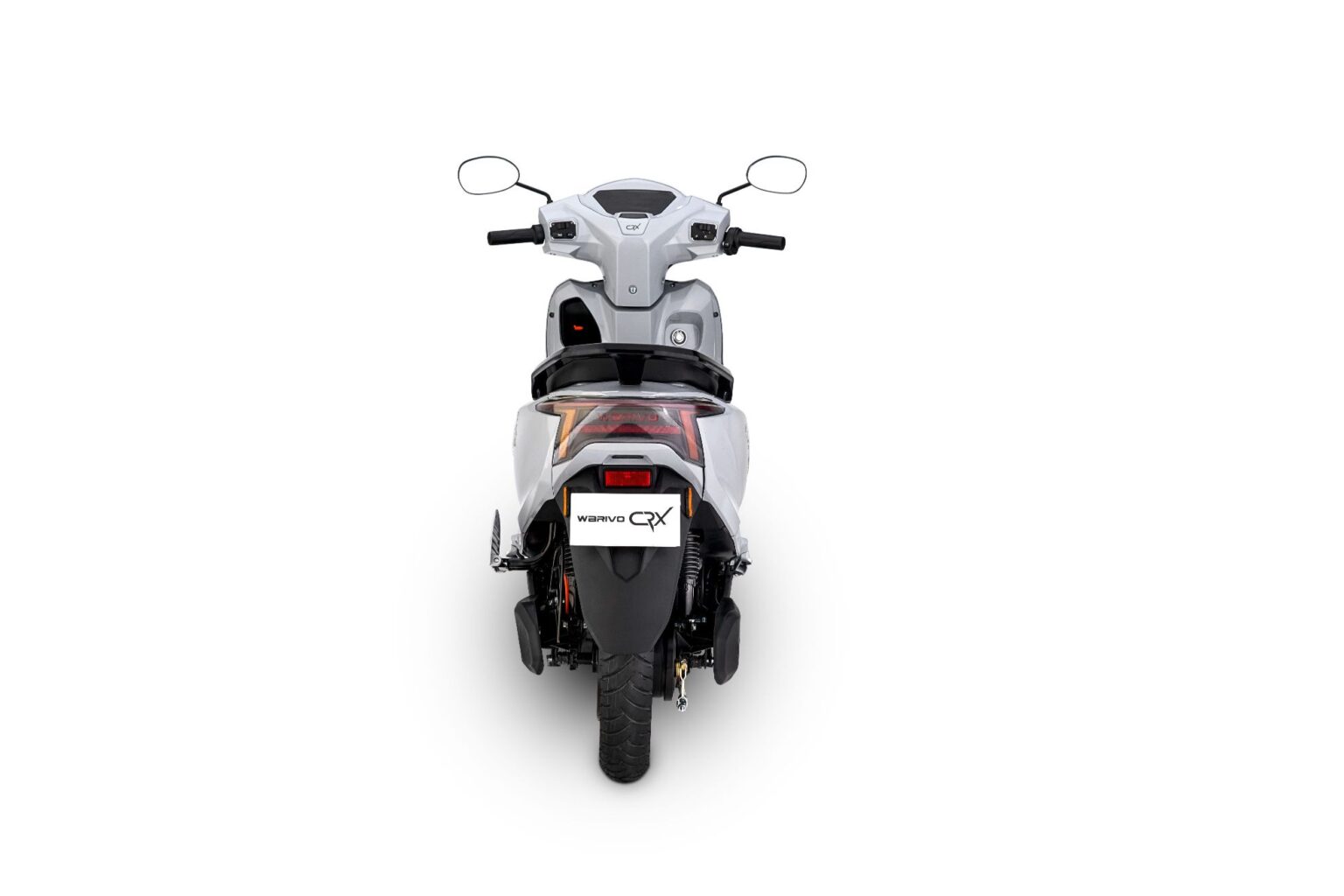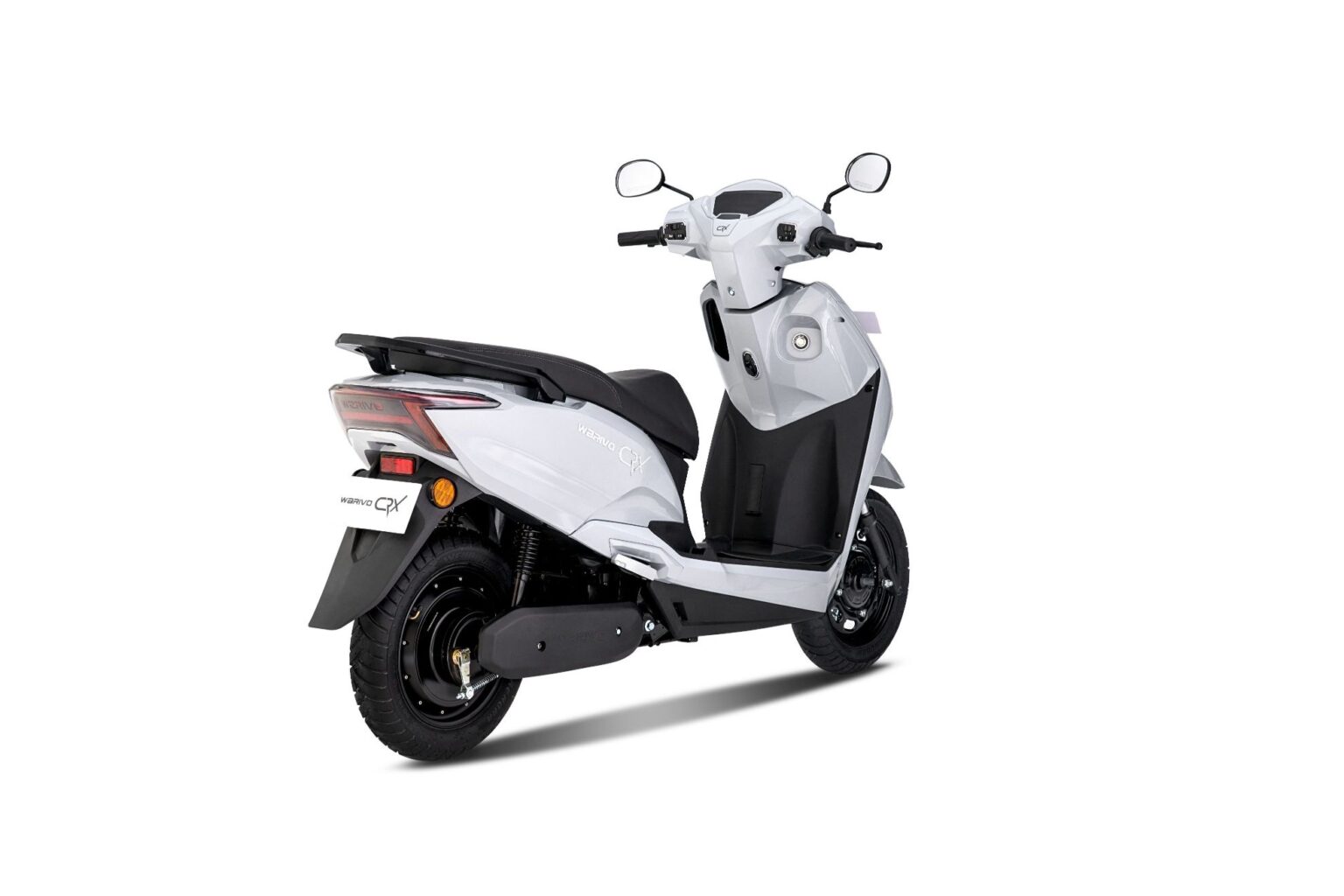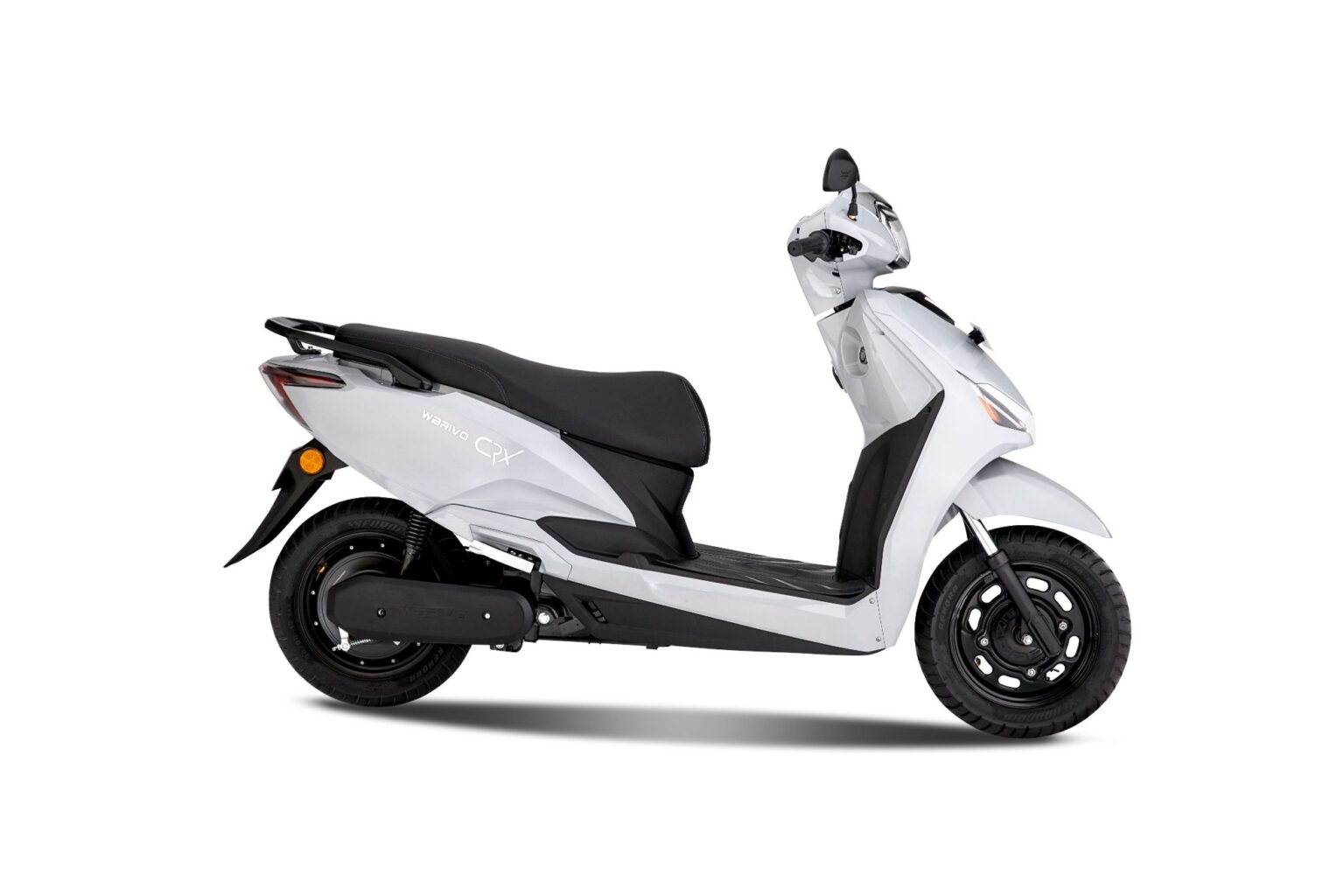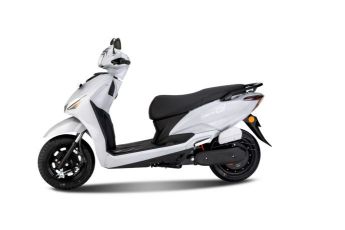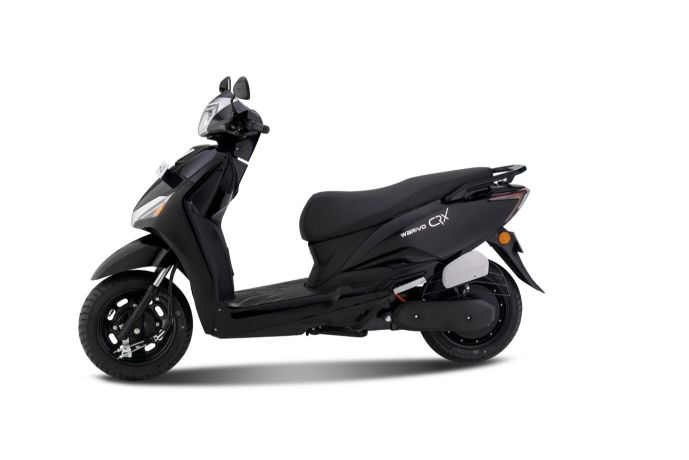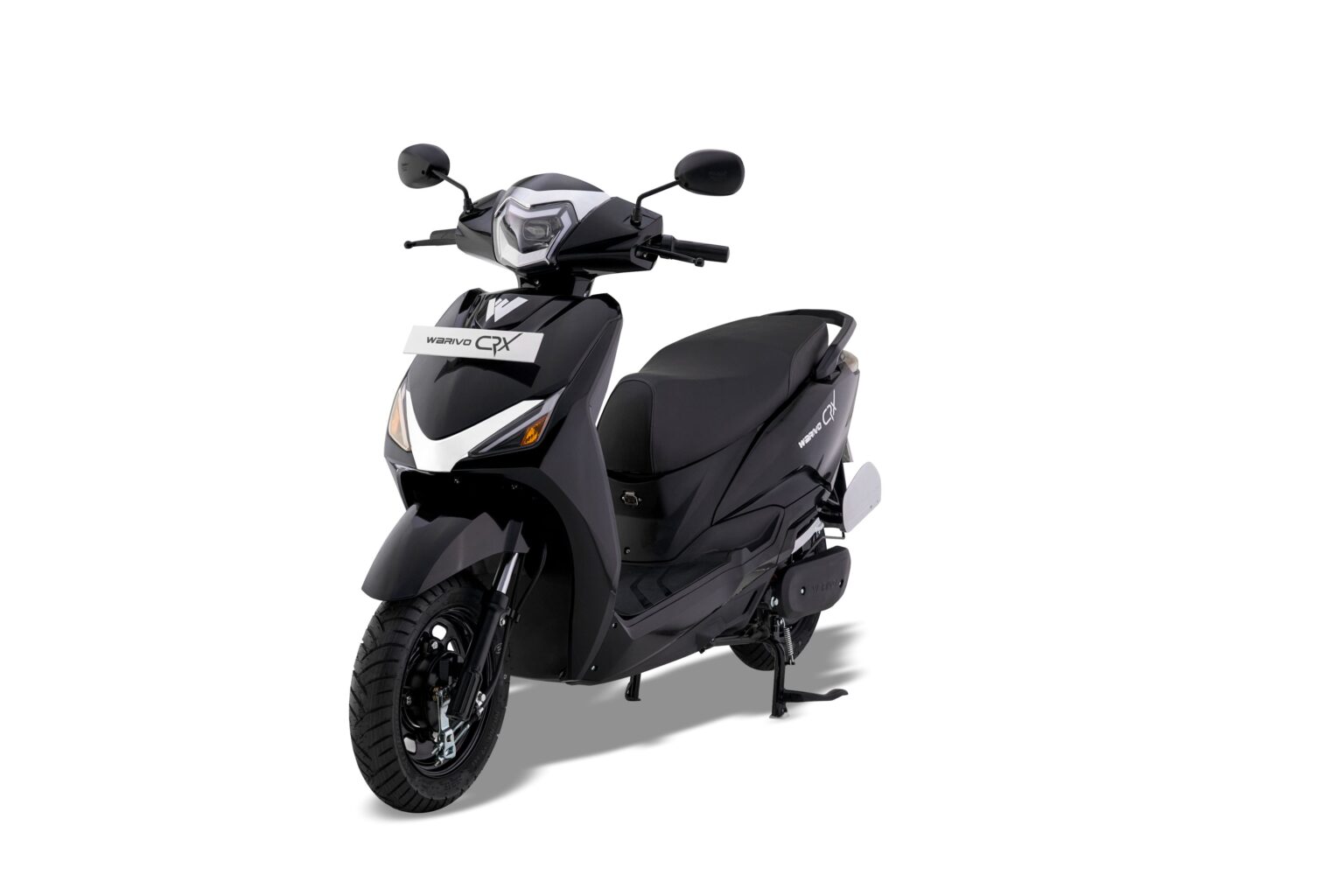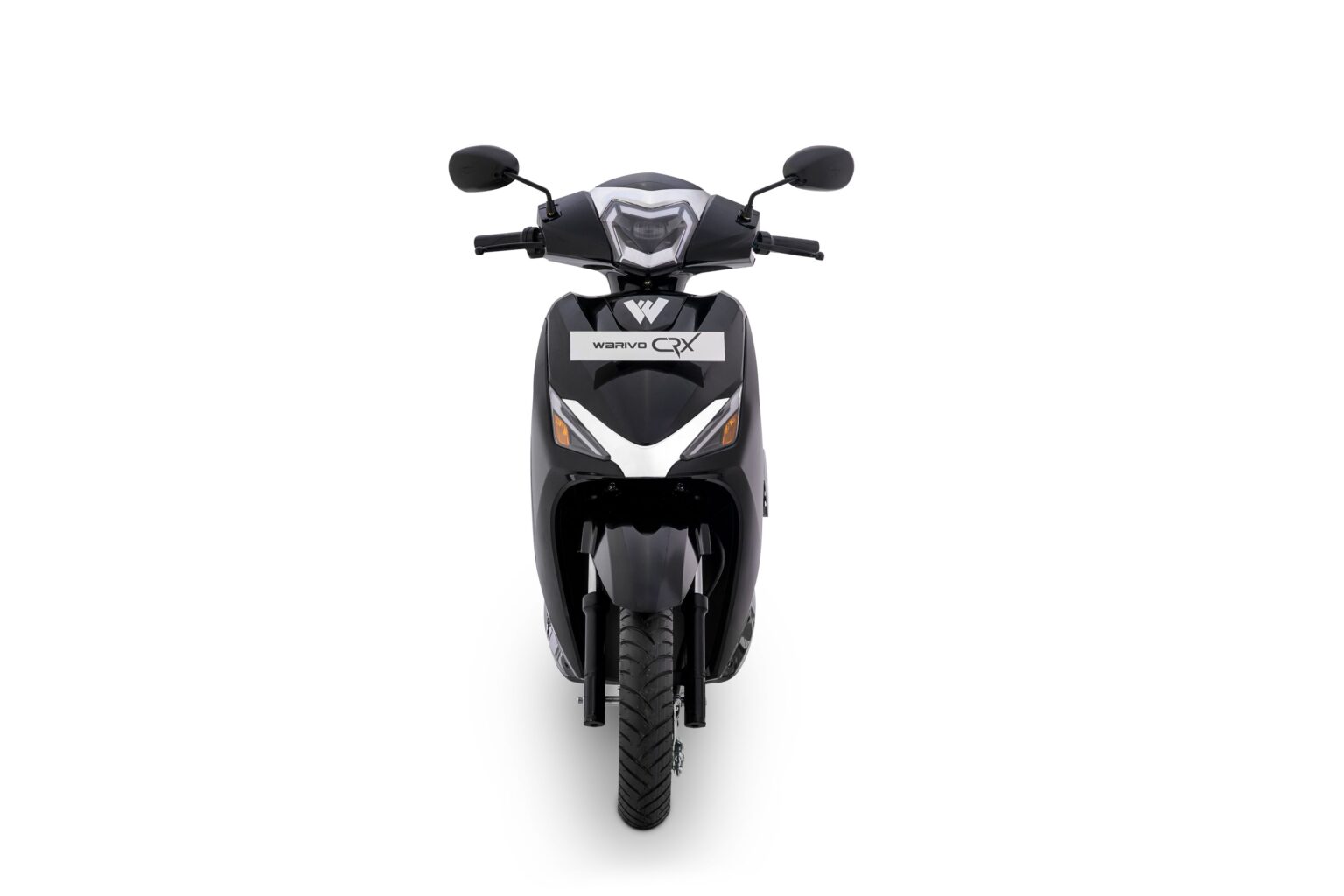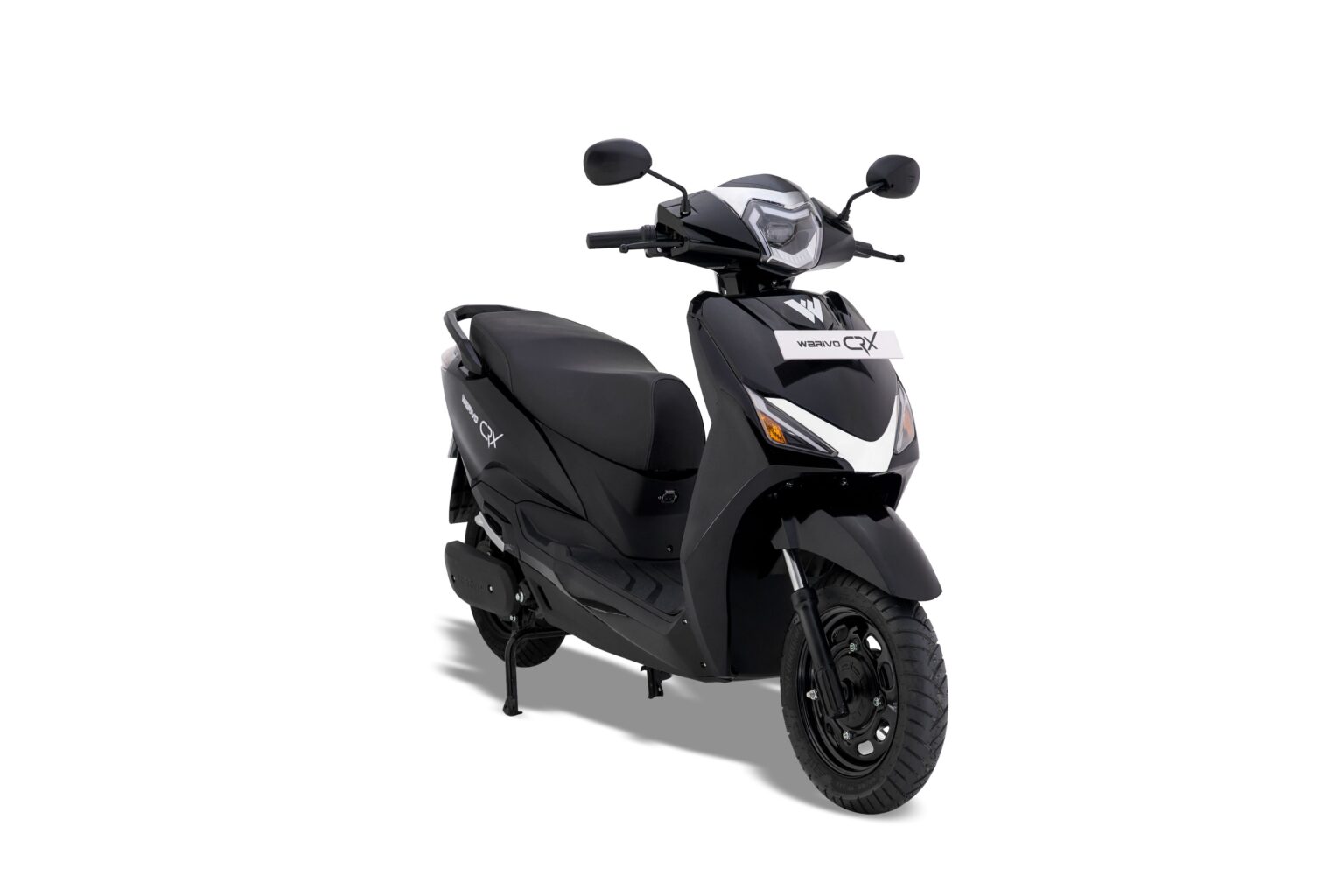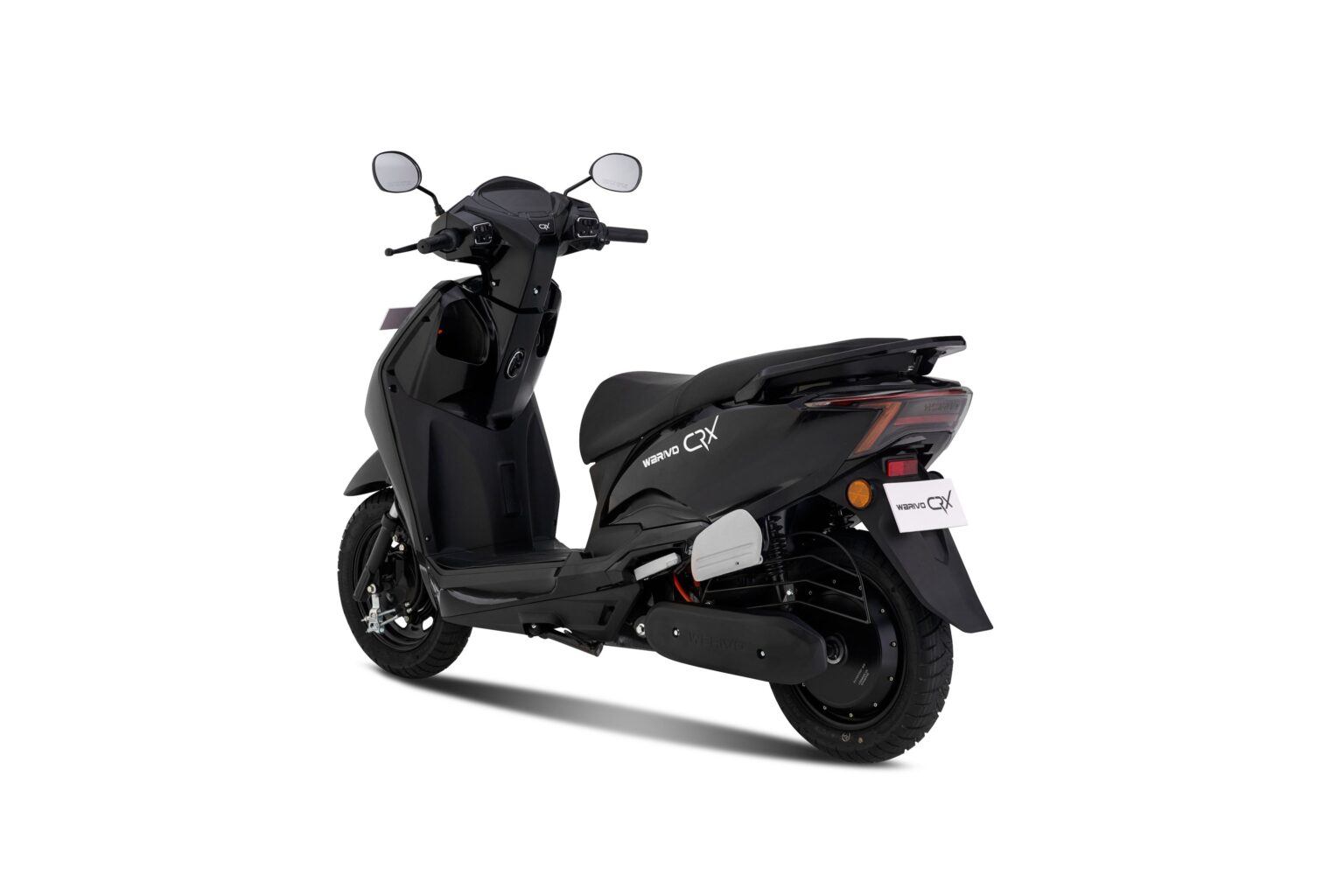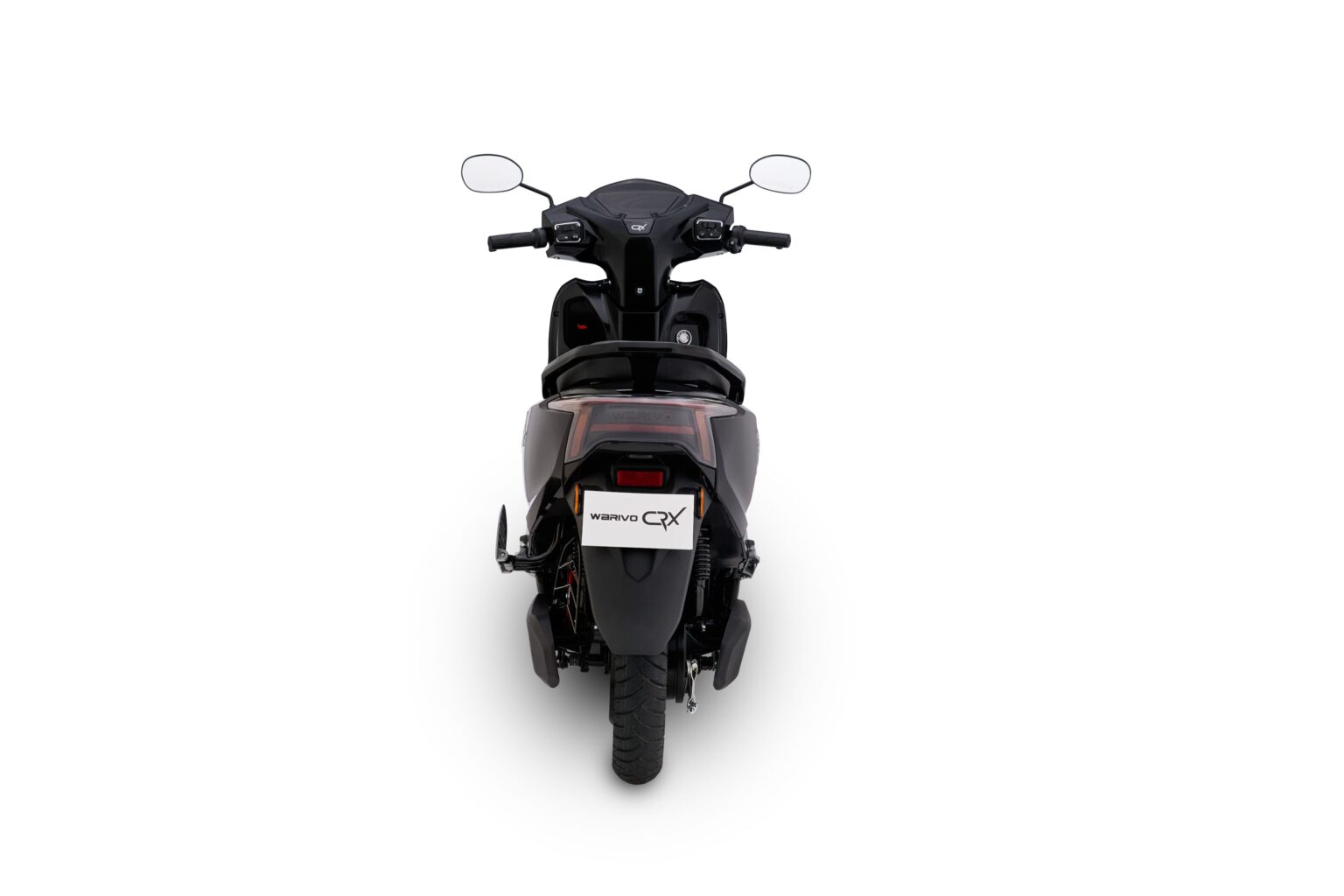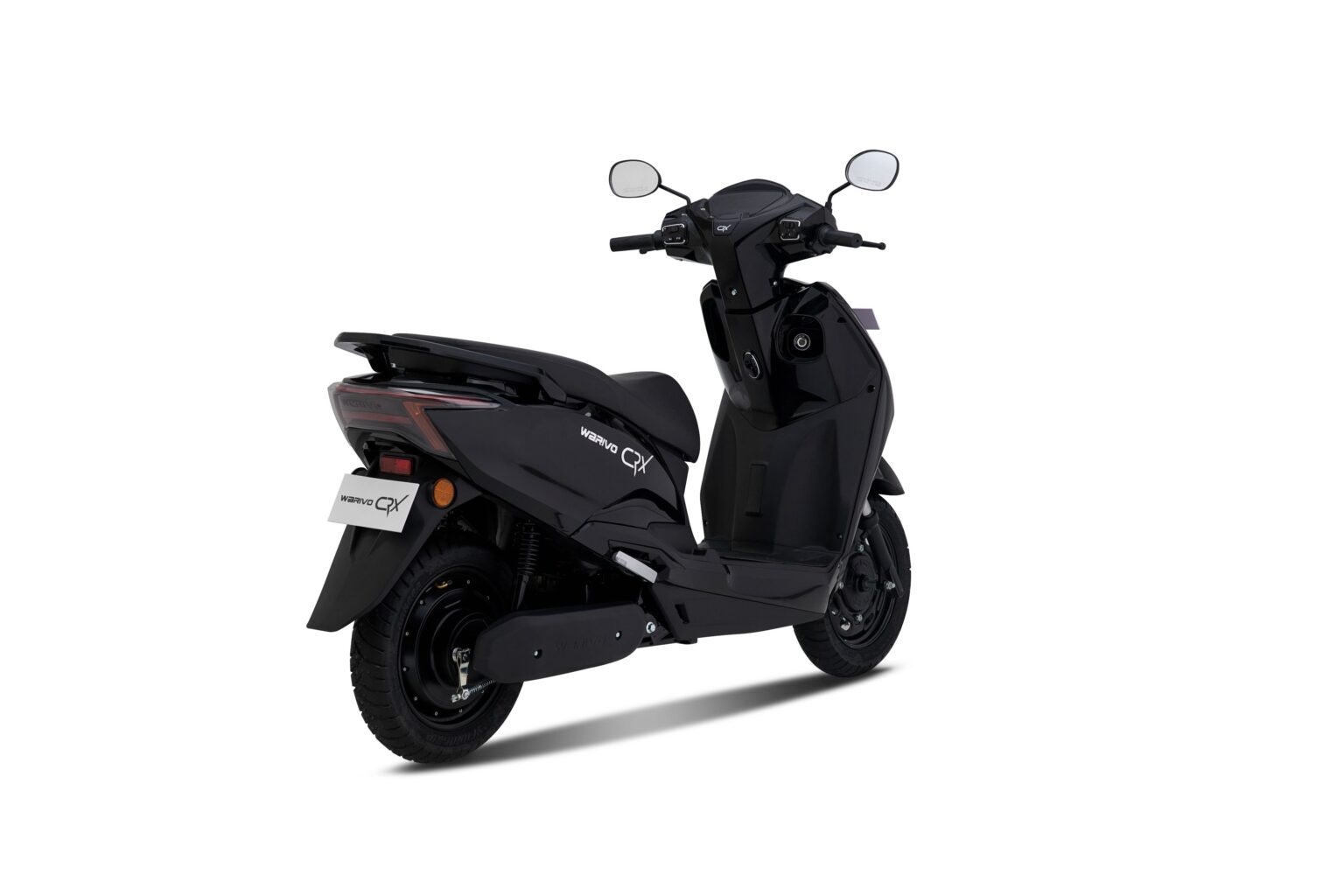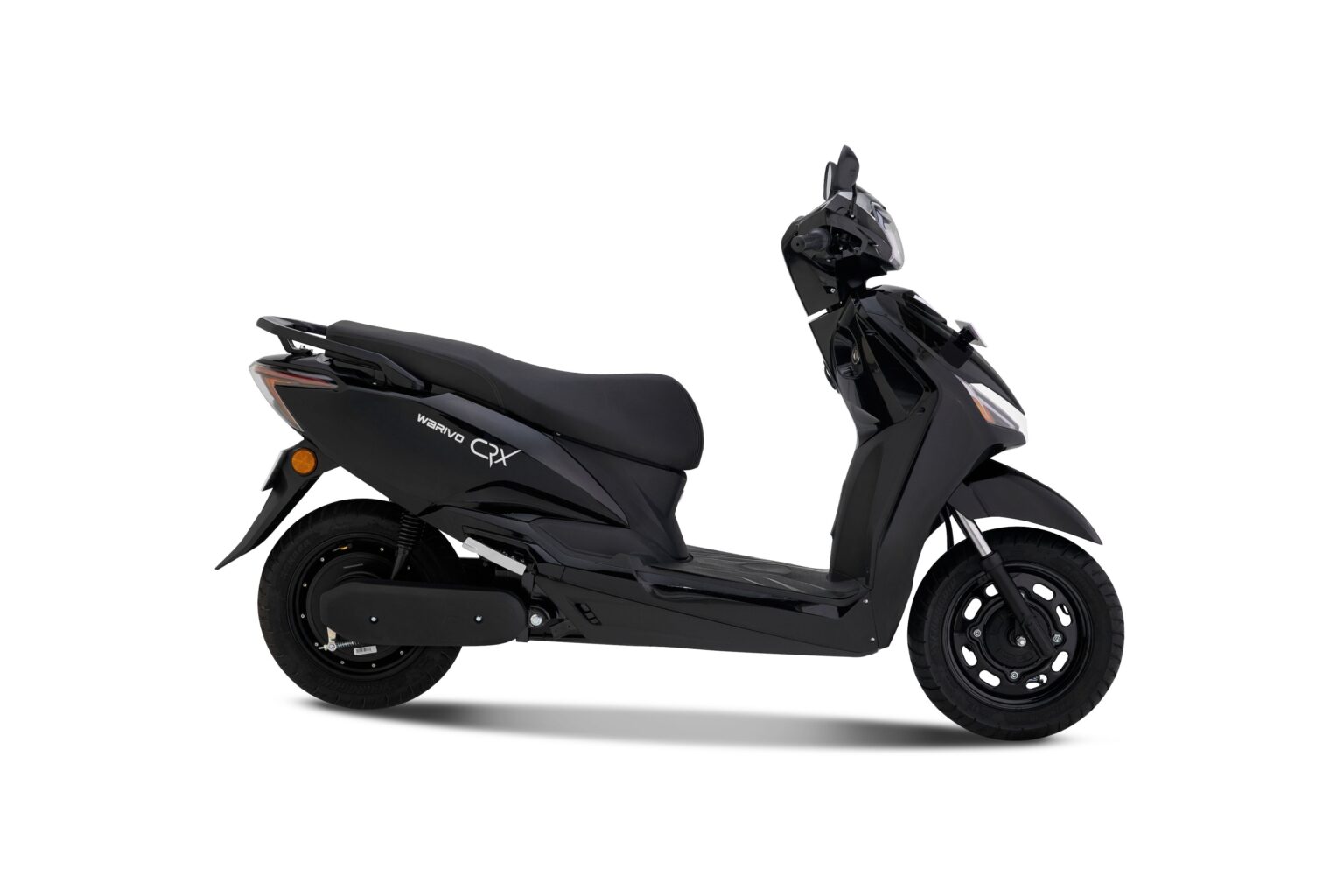Electric scooters have quietly become one of India’s most practical ways to cut commuting costs and emissions. But not all cities are equal: some combine sensible policy, lots of chargers, supportive builders and everyday conveniences that make owning an e-scooter easy. Below I’ve rounded up the top 10 Indian cities that are currently the most scooter-friendly — what they do well, and what you should know before buying an e-scooter there.
1. Bengaluru — charging density + innovation
Why it ranks: Bengaluru has emerged as a charging hub with a dense cluster of public and private chargers, strong private-sector rollout and pilot projects (solar chargers, wireless charging trials). That makes topping up an e-scooter convenient for most urban commutes. (Hindustan Times)
What to expect: Lots of destination chargers (malls, offices, hotels), startups offering home and workplace chargers, and experimental hubs that integrate solar + second-life batteries. Downsides: traffic and occasional charger crowding in hotspots.
2. Delhi / NCR — subsidies + public charging push
Why it ranks: Delhi’s EV policy and implementation targets gave incentives for two-wheelers and
set ambitious public charging goals (one public point per X EVs), pushing rapid expansion
across the metro area and satellites (Gurugram, Noida). If you live or commute in the NCR,
charging options are growing fast. (transport.delhi.gov.in)
What to expect: Strong subsidy frameworks some years, many workplace and mall chargers,
and an increasing number of battery-swap operators in the region. Watch for patchy coverage in
fringe suburbs.
3. Mumbai (and Navi Mumbai) — utility rollout + private
chargers
Why it ranks: Maharashtra’s policy support plus large utilities and private players (Tata Power, MSEDCL, others) have added many chargers across Mumbai and Navi Mumbai. Big residential complexes and commercial centres are rapidly adding plugs. (Business Standard)
What to expect: Good urban coverage in central districts and active deployments along highways and transit nodes. Space constraints and parking patterns can make home charging in some older societies harder—check building rules.
4. Pune — early mover in city charging
Why it ranks: Pune has been active setting up city chargers (municipal projects plus private players) and supportive local policies; its compact commutes and tech-savvy population make e-scooters practical. (pmc.gov.in)
What to expect: A mix of slow and fast chargers near IT parks, malls and residential pockets. Great for short to medium daily rides.
5. Hyderabad — strong state incentives + growing public network
Why it ranks: Telangana’s EV policy offers tax and registration reliefs, and the GHMC / state agencies have been expanding public chargers and depot infrastructure — helpful both for personal scooters and last-mile fleets. (invest.telangana.gov.in)
What to expect: Good policy support (road tax/registration exemptions), growing public chargers at transit hubs and corporates, and expanding depot charging for buses that strengthens the ecosystem.
6. Chennai — Tamil Nadu momentum and charging growth
Why it ranks: Tamil Nadu has been pushing charging infrastructure and fast chargers, and Chennai benefits from factory clusters, fleet electrification pilots and supportive policy aimed at fast DC charging rollout. City planners are working to expand public and workplace chargers. (investingintamilnadu.com)
What to expect: Increasing charger deployments around industrial corridors and urban centres; good support for both private and shared e-two-wheelers.
7. Ahmedabad — forward-looking building mandates & incentives
Why it ranks: Gujarat’s policy incentives and Ahmedabad Municipal moves (mandating EV charging in new tall buildings and promoting charger integration) make the city attractive for future e-scooter owners who want guaranteed parking-level charging. (EV Gujarat)
What to expect: Developers are now required to include chargers in new projects, and state subsidies for e-two-wheelers can reduce purchase cost — excellent for apartment owners.
8. Kochi (Kerala) — policy + residential charging incentives
Why it ranks: Kerala’s EV policy and local projects in Kochi encourage residential and commercial charging deployment; incentives for charging stations have spurred private installations and pilot schemes. For short city commutes, Kochi is becoming scooter-friendly. (Solar Master)
What to expect: A growing network of destination chargers, special incentives for residential societies, and an emphasis on solar + battery solutions in some pilot sites.
9. Jaipur / Rajasthan — subsidies and charging push across highways
Why it ranks: Rajasthan’s EV policy focuses on both urban charging and highway charging incentives, plus subsidies for setting up stations — great if you travel intercity as well as within Jaipur. The state supports reimbursements for upstream electricity costs and capital subsidies to operators. (iStart Rajasthan)
What to expect: Improved coverage along arterial routes and more city charging hubs as the policy incentives kick in; good for riders who do mixed city-and-highway trips.
10. Chandigarh — compact city, targeted incentives
Why it ranks: Chandigarh’s EV policy and CREST-led deployments have prioritized sector-level coverage. The city’s compact sectors make it easy to design community charging, and Chandigarh has been rolling out solar-powered pilot hubs and subsidies for private chargers. (chandigarh.gov.in)
What to expect: Predictable coverage within sectors, pilot solar EV hubs and attractive purchase incentives for early buyers — excellent for apartment communities and short commutes.


